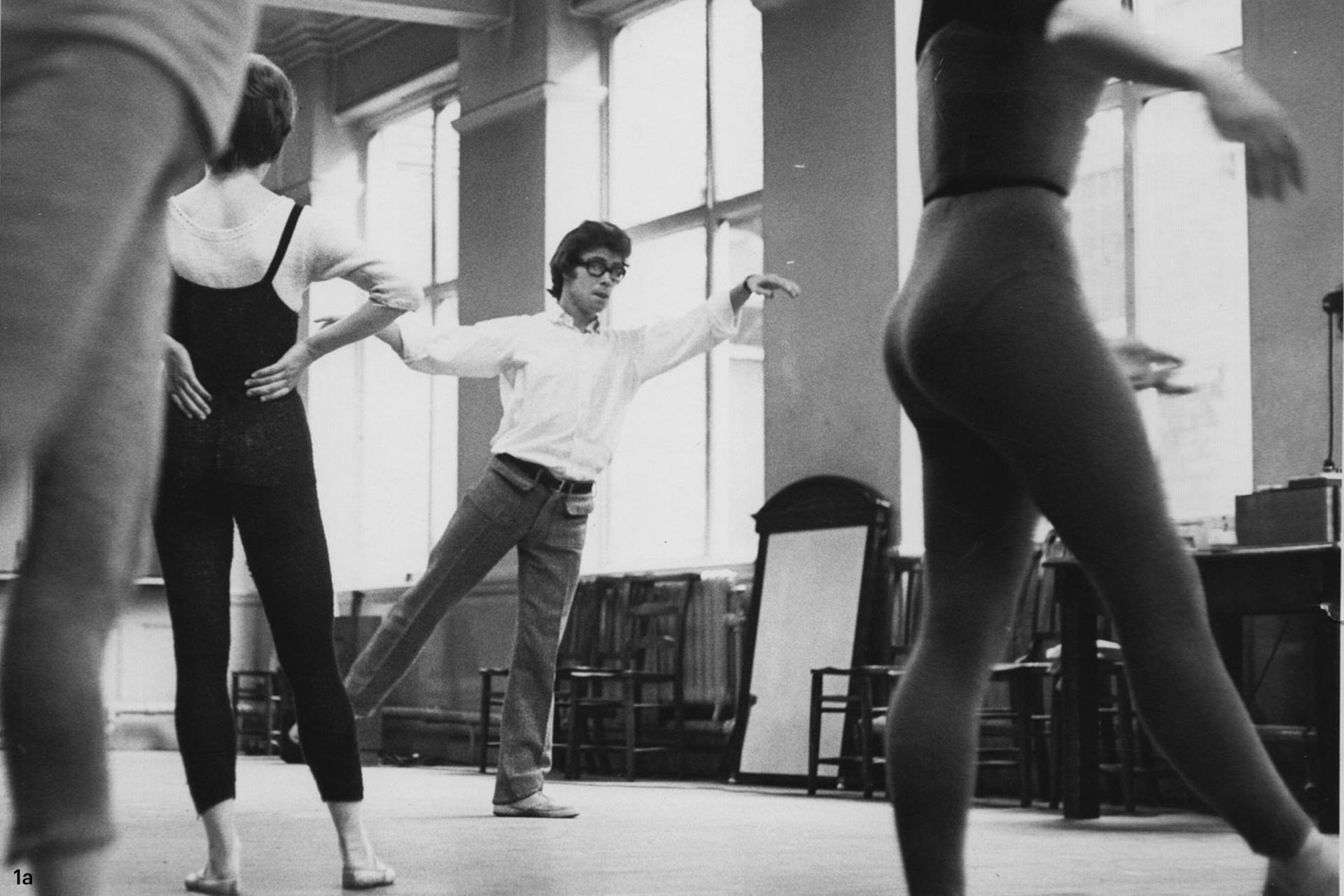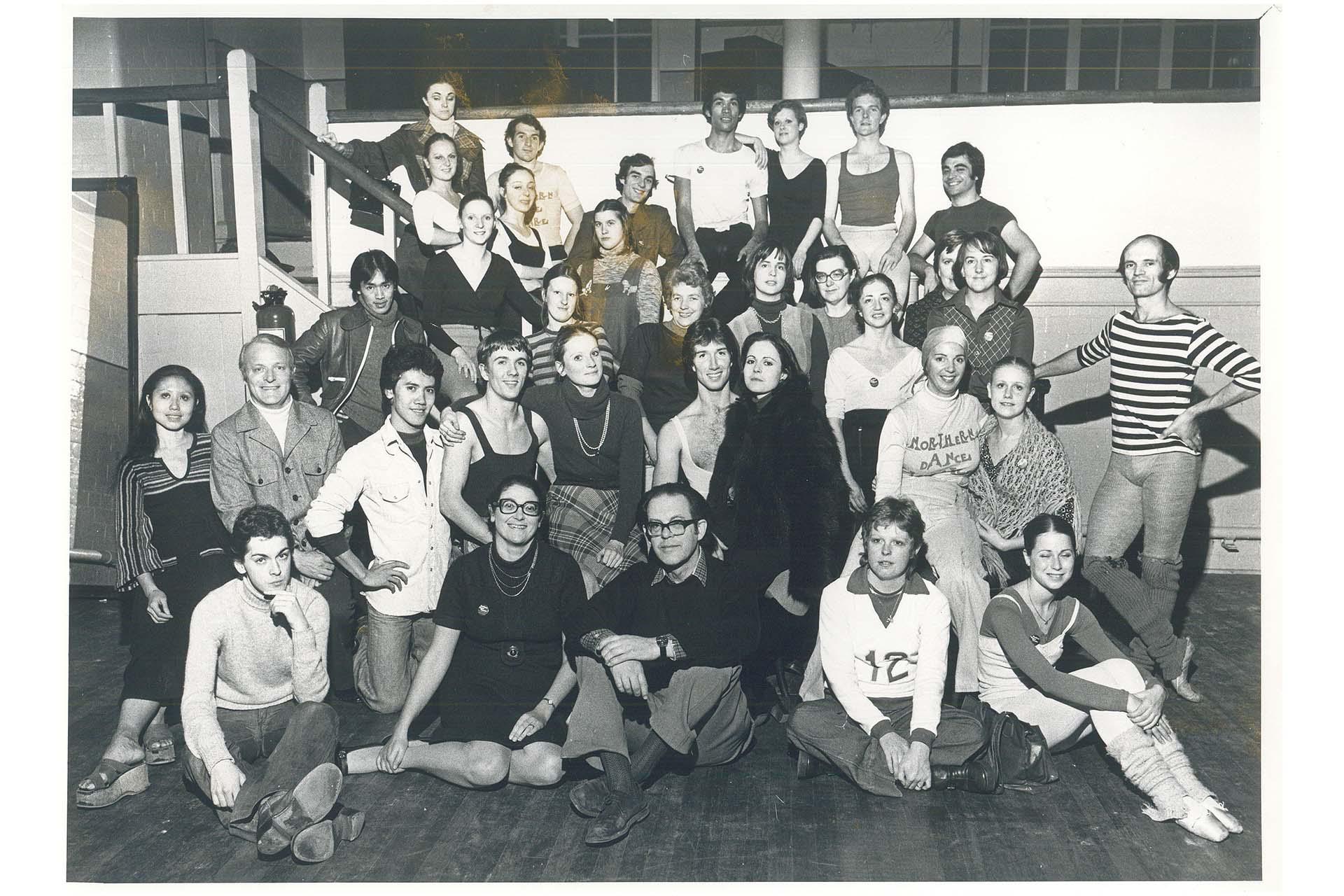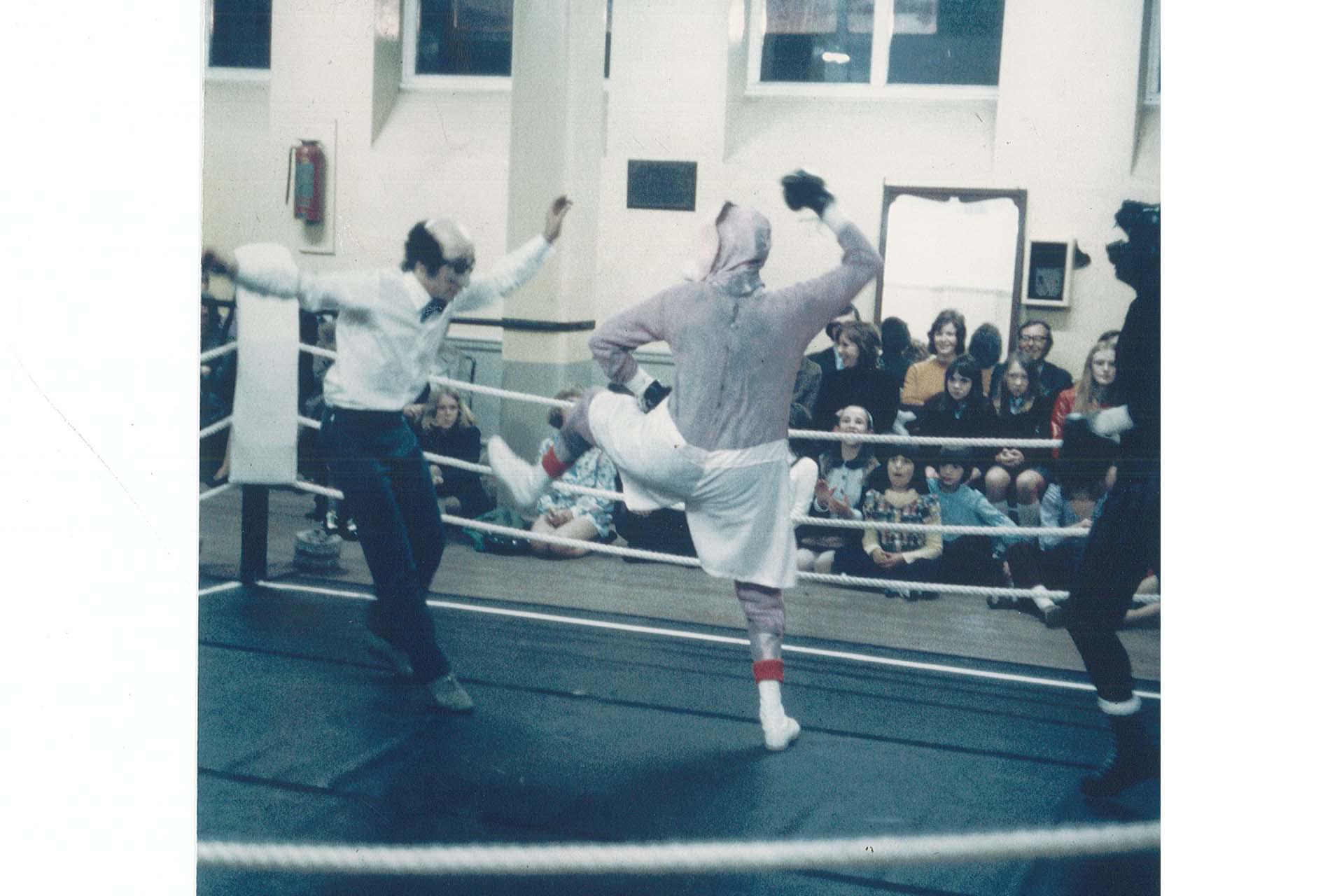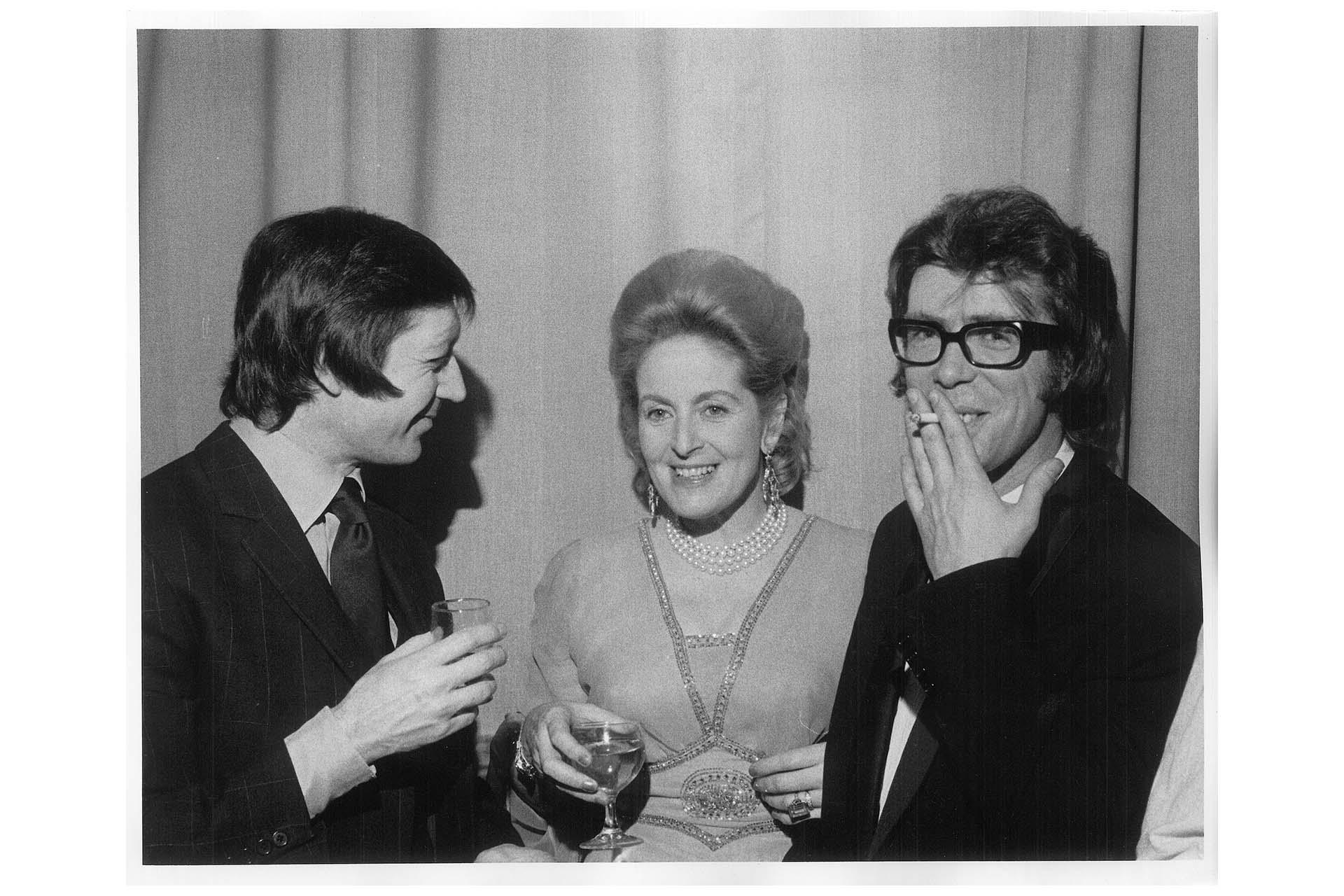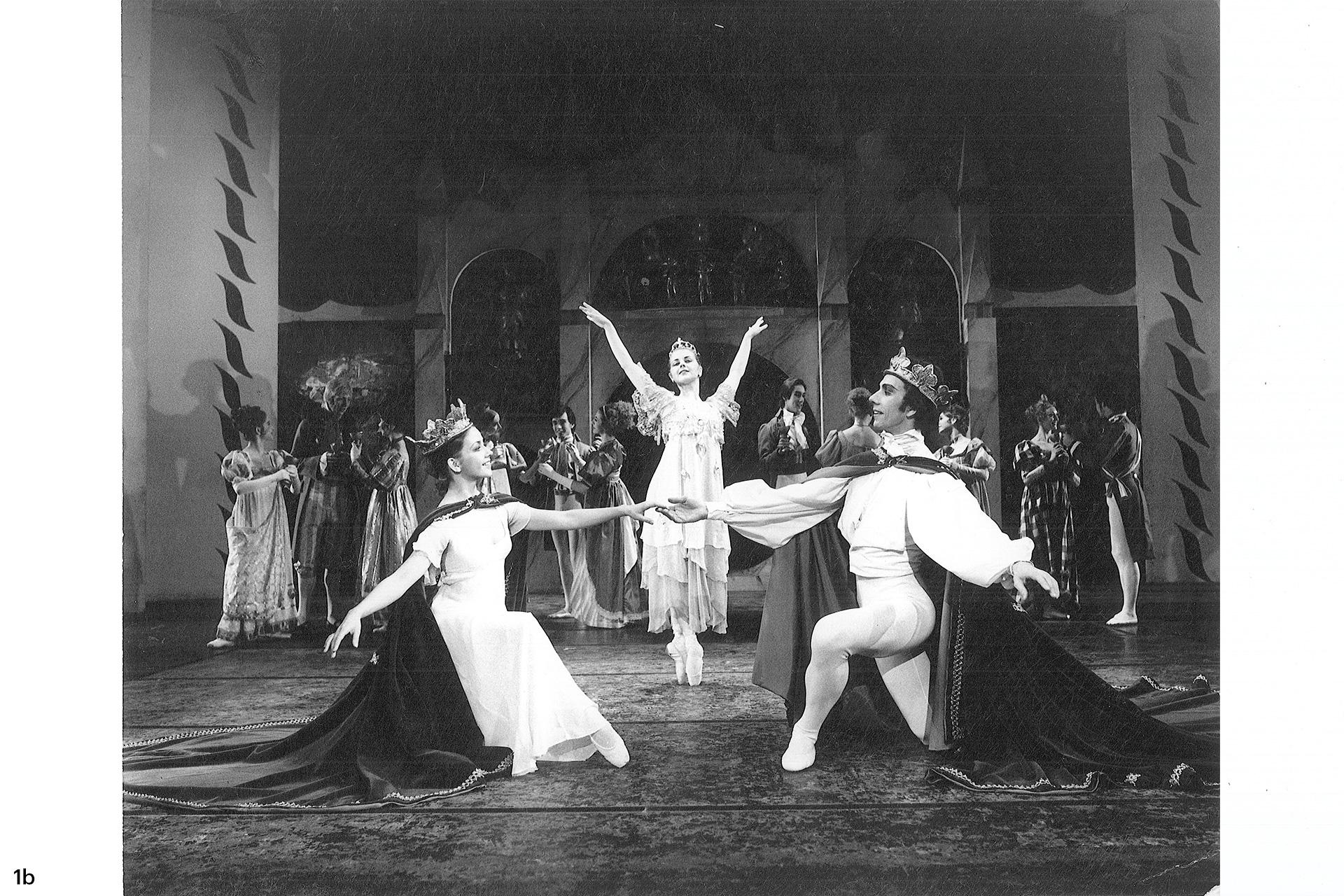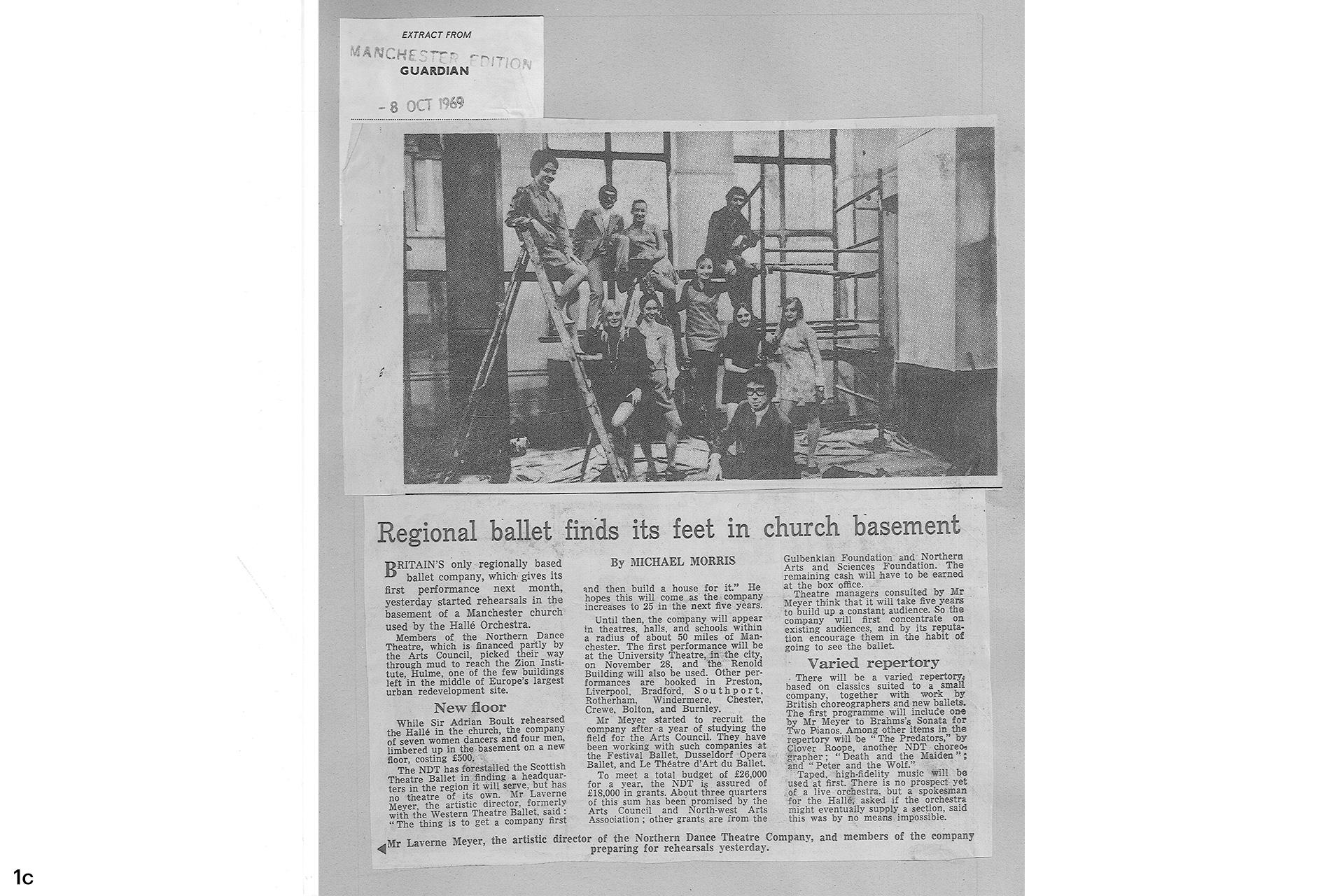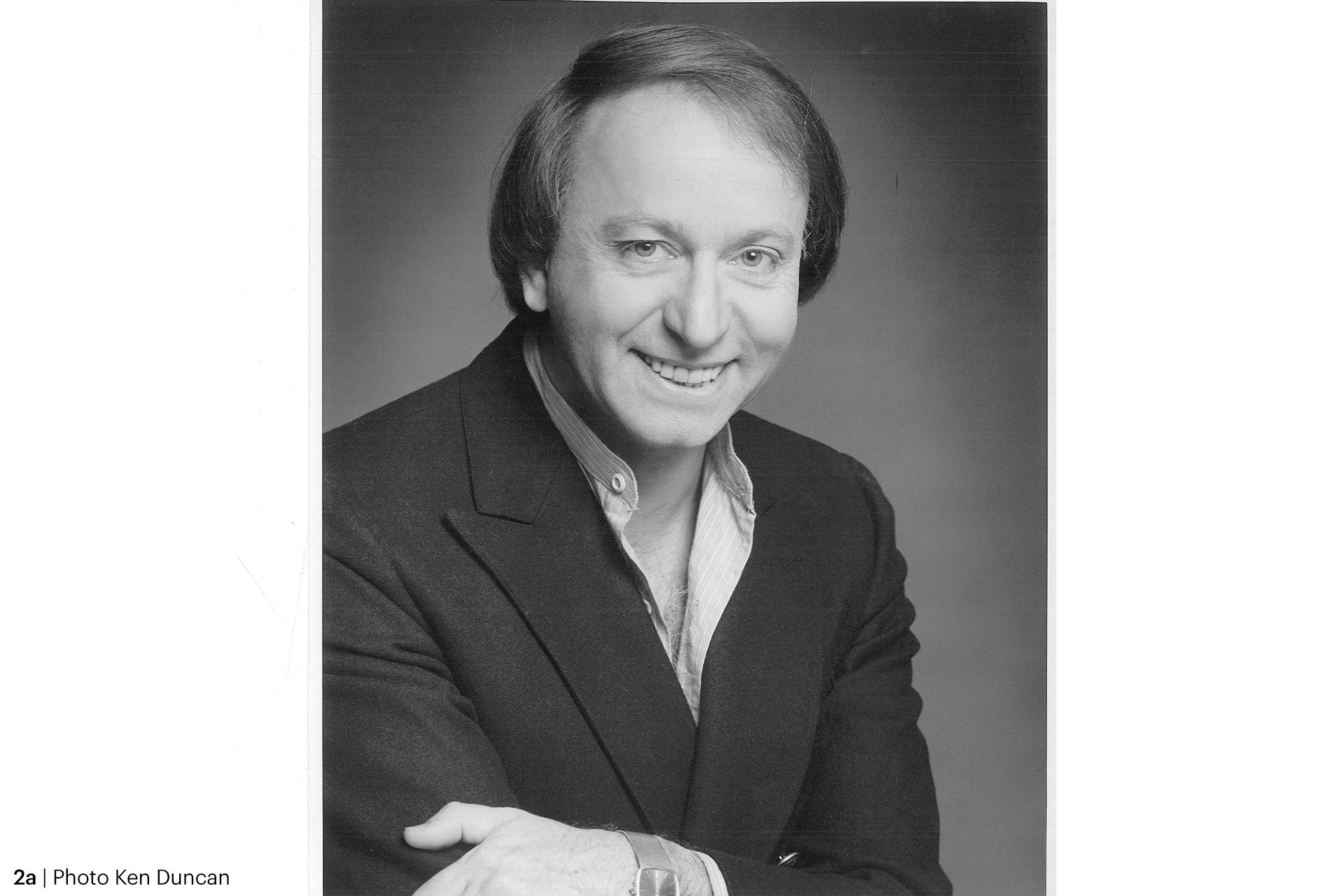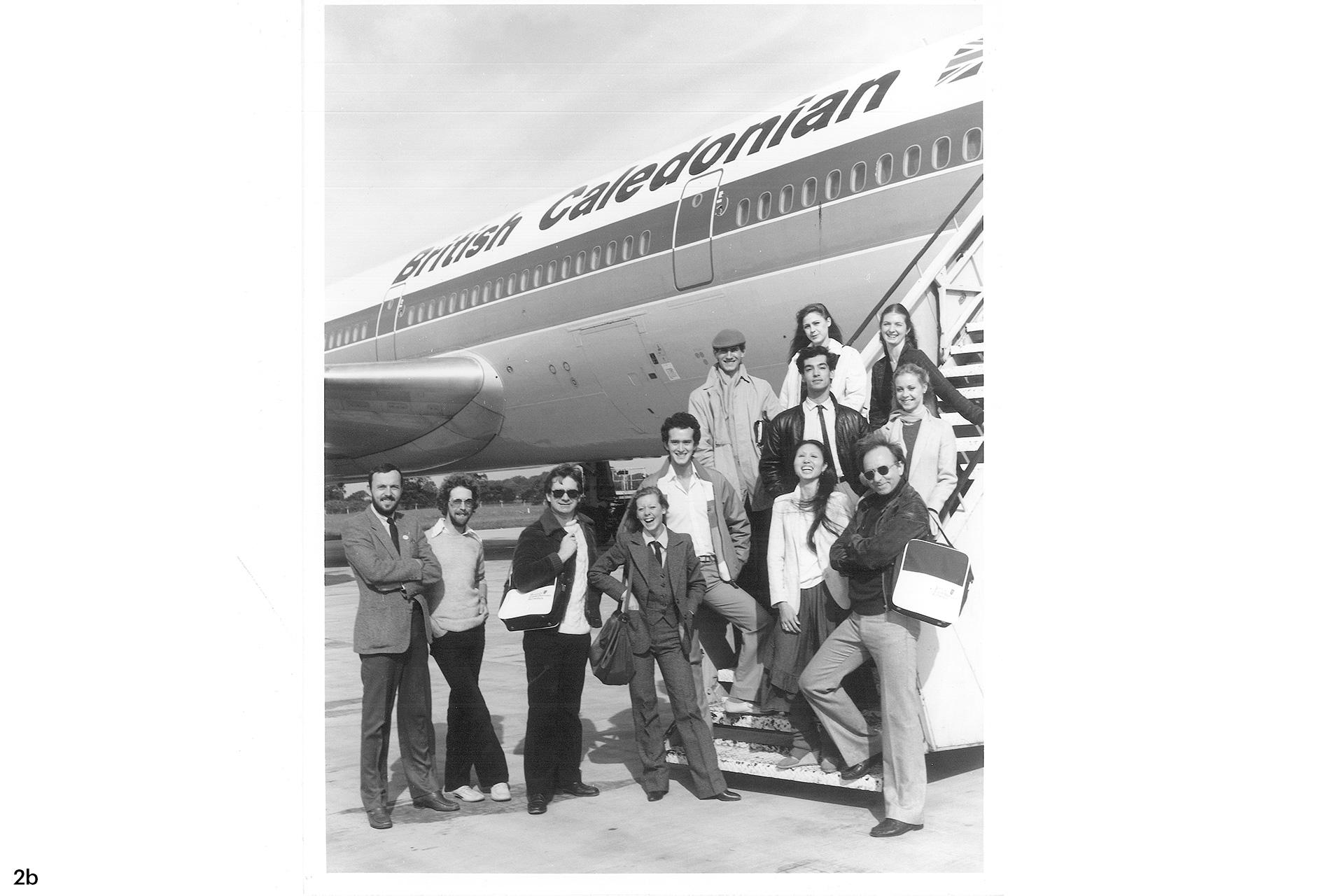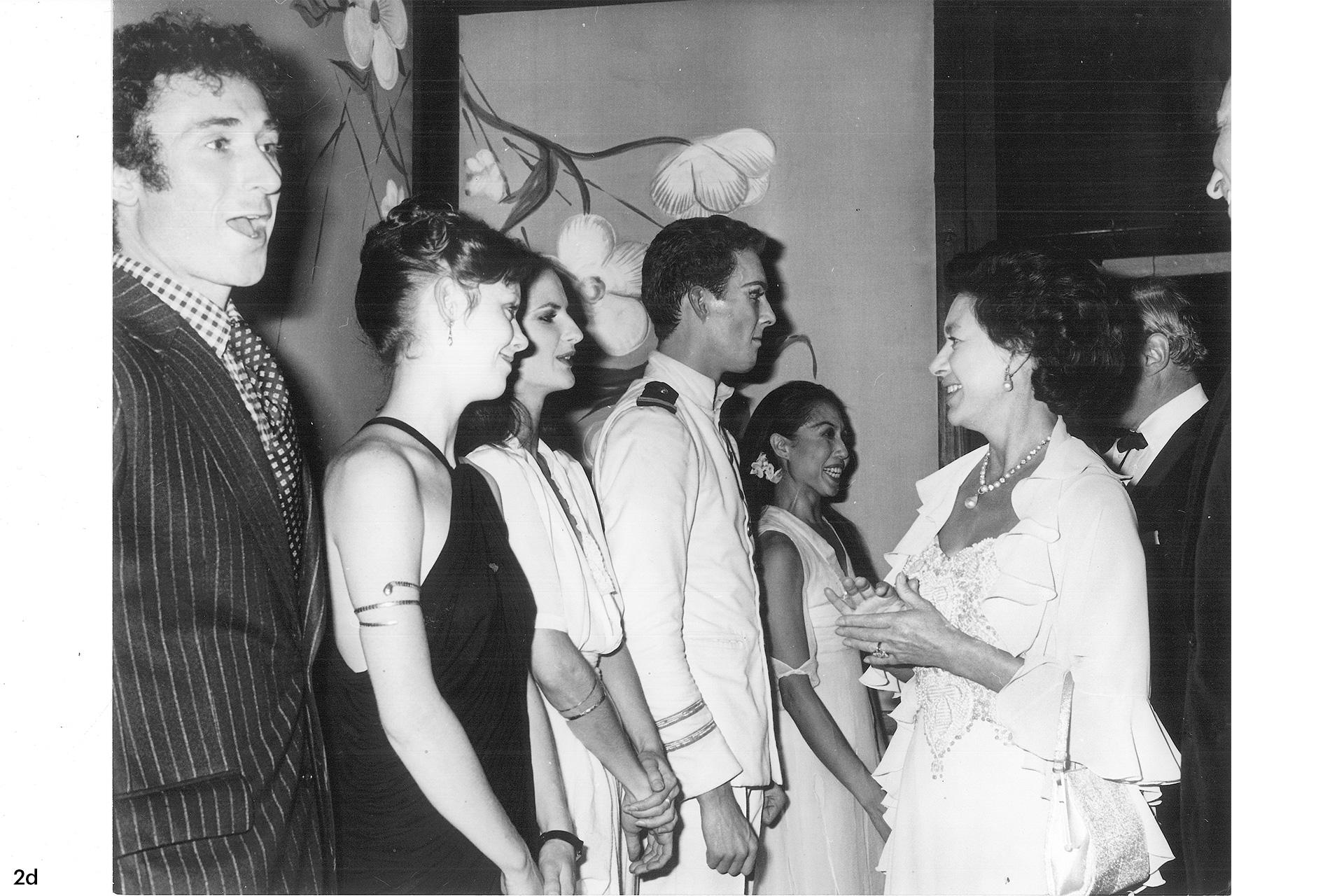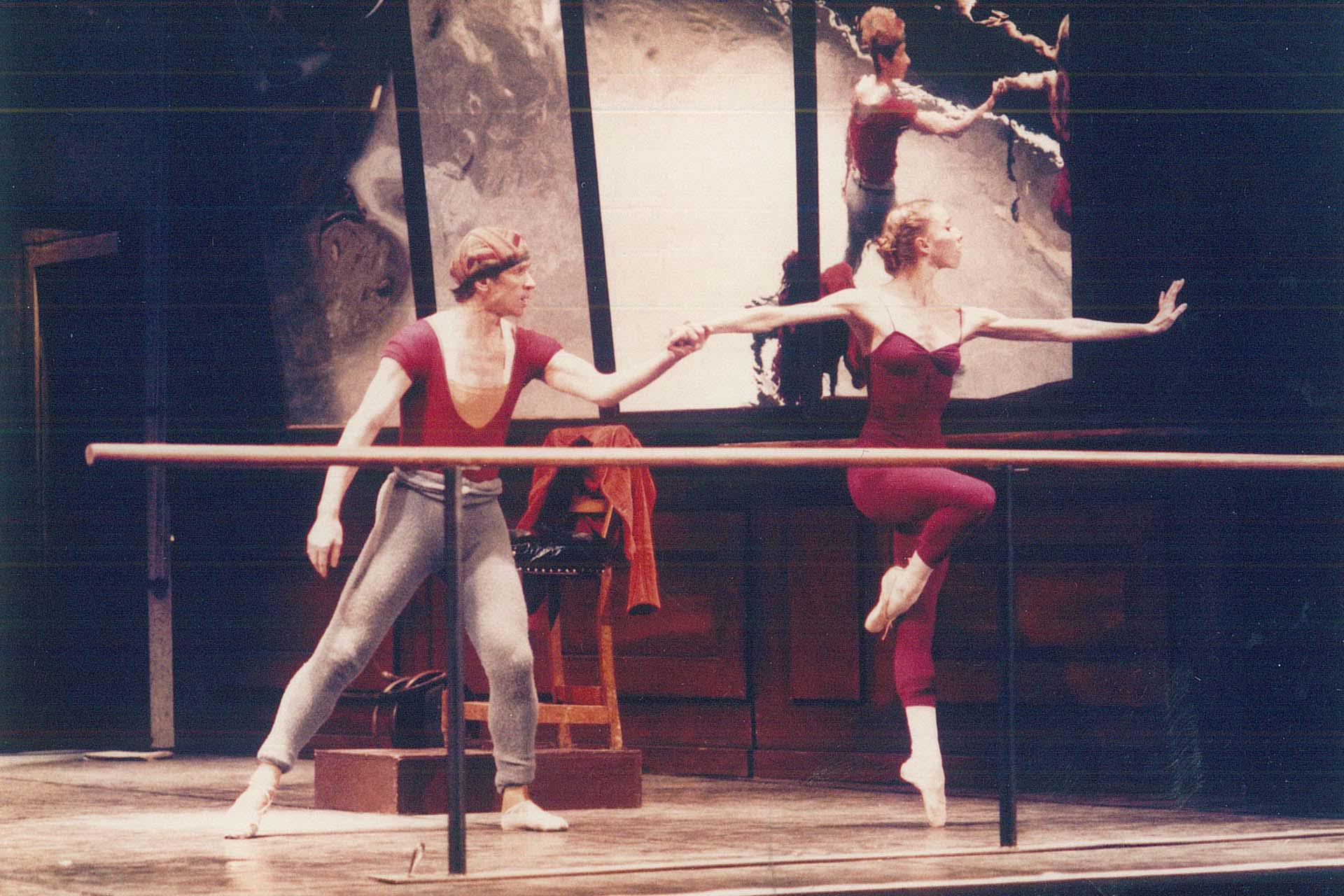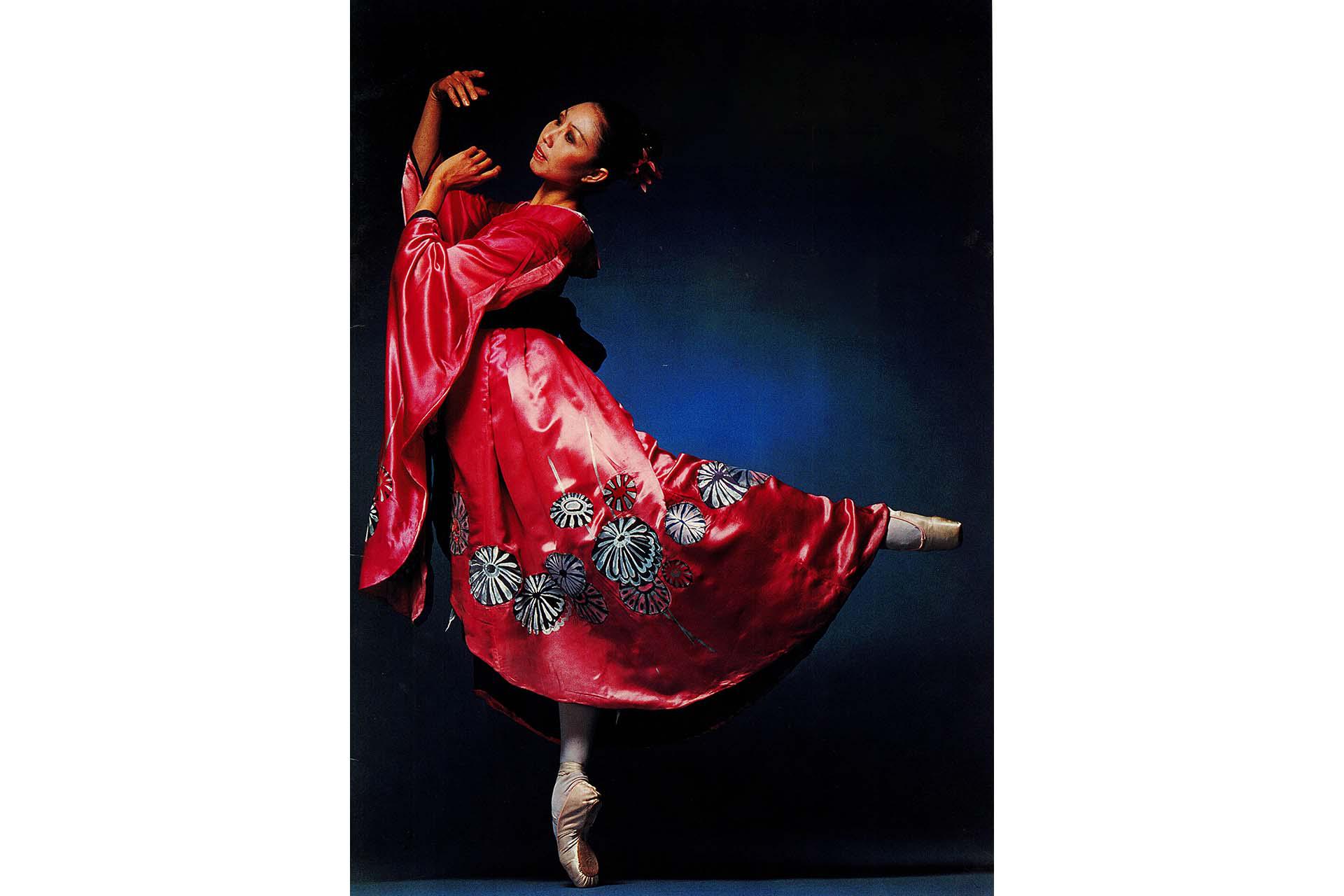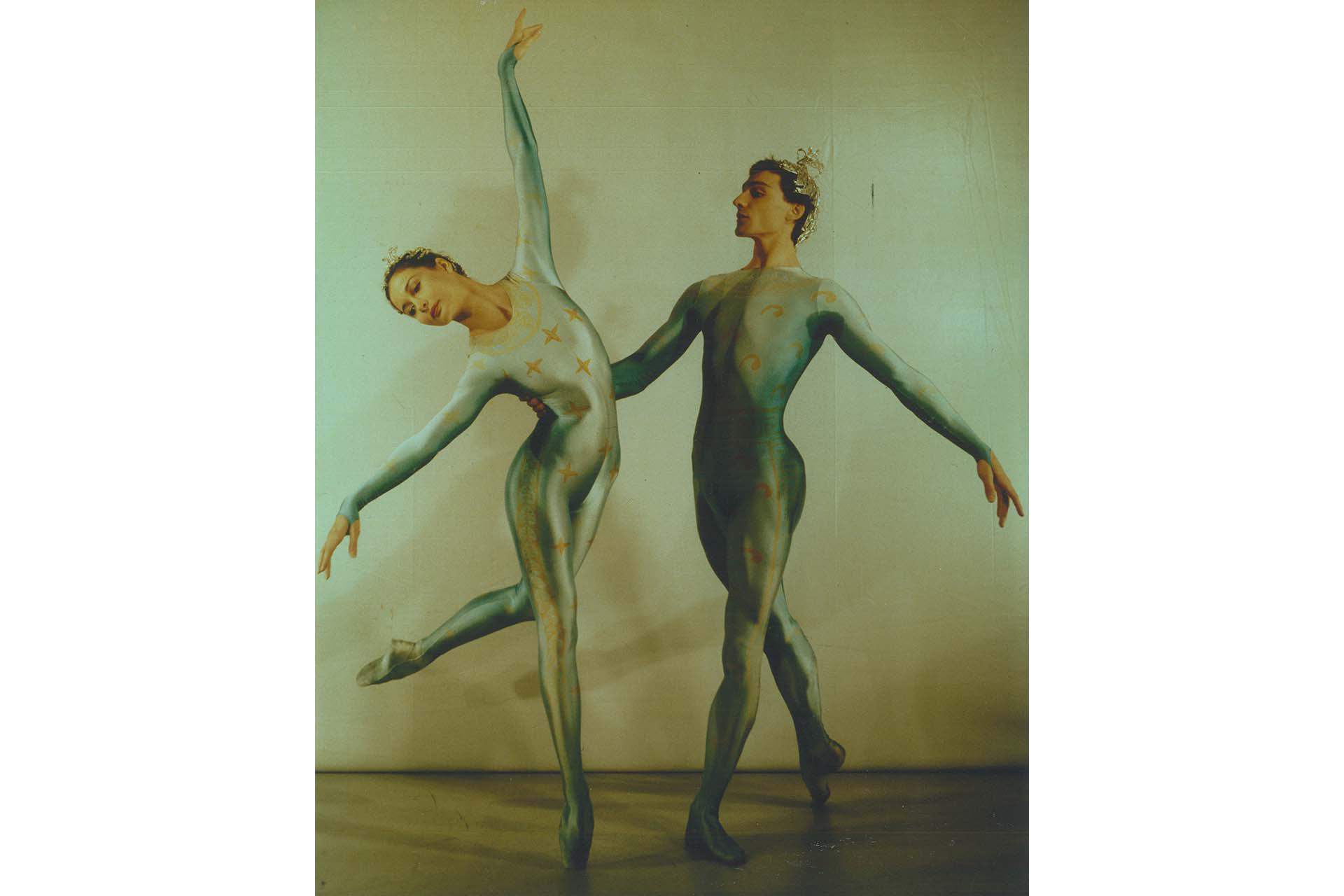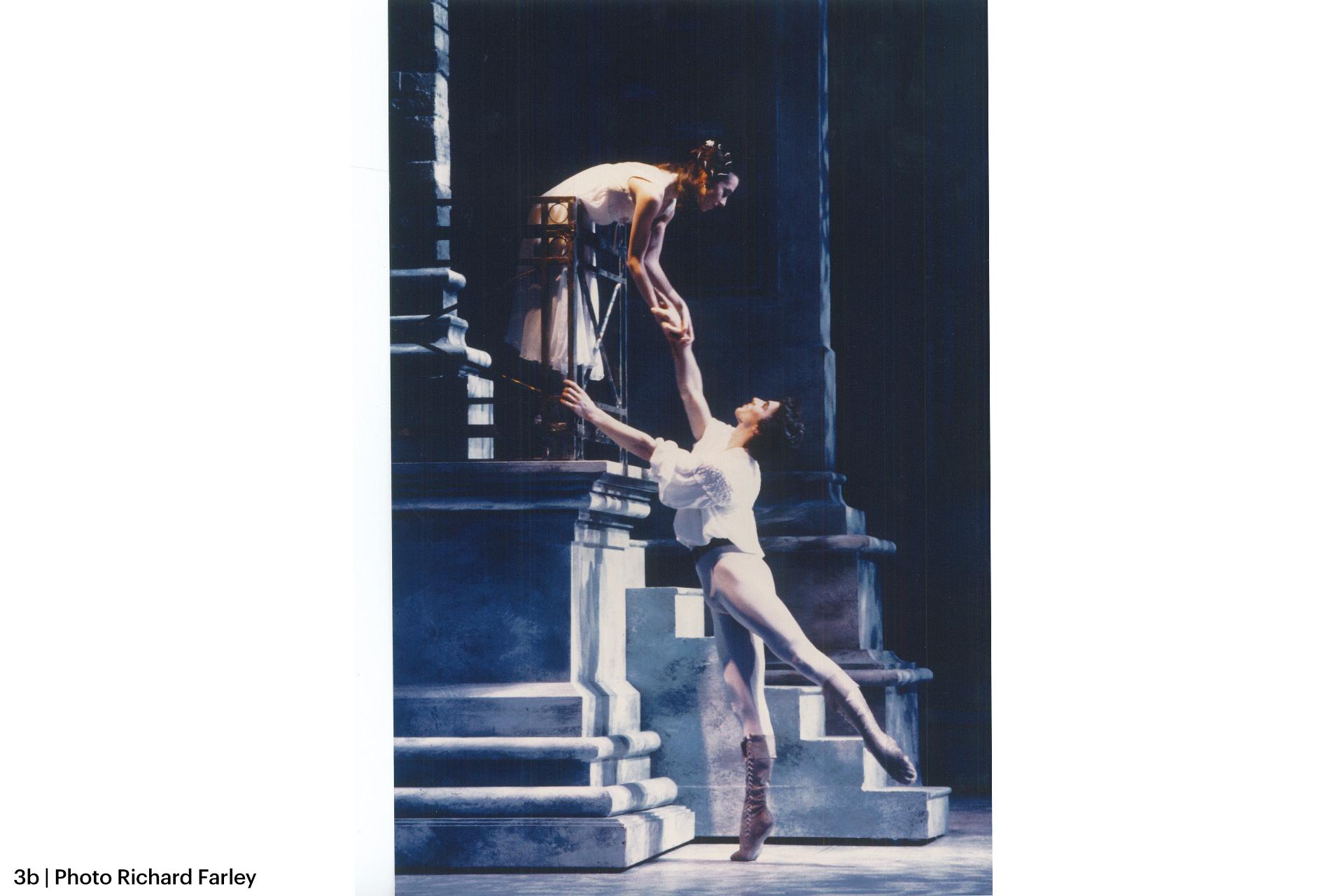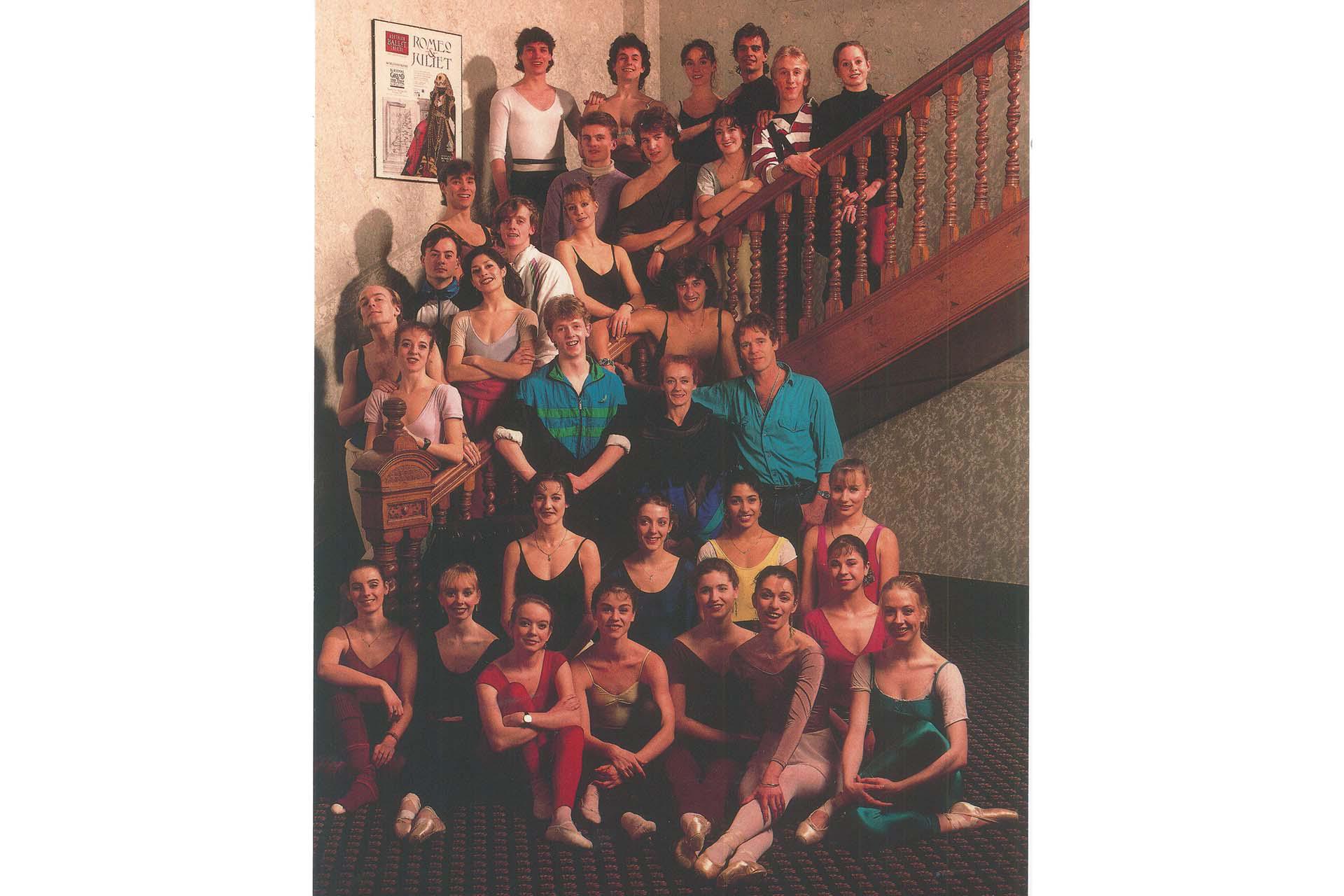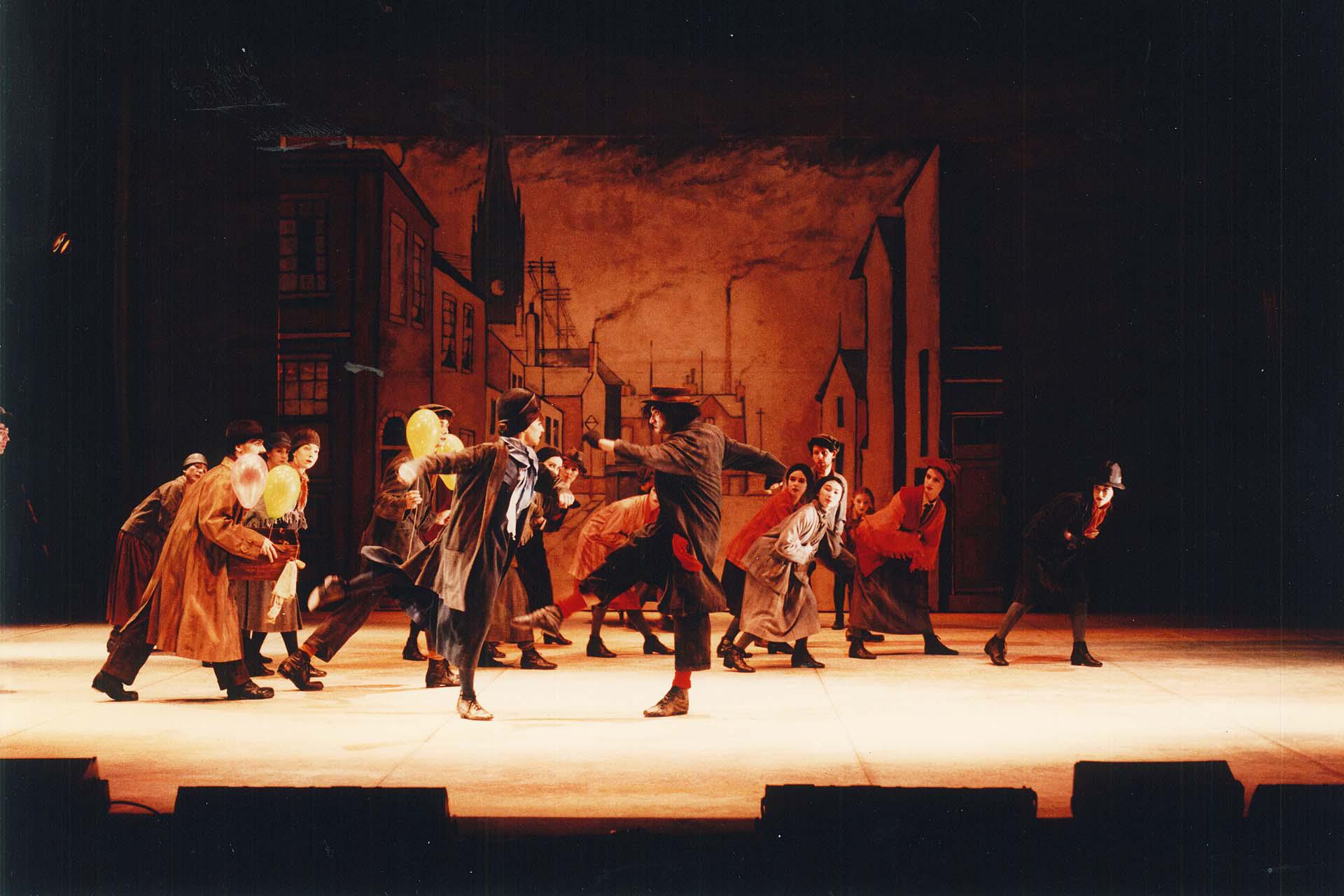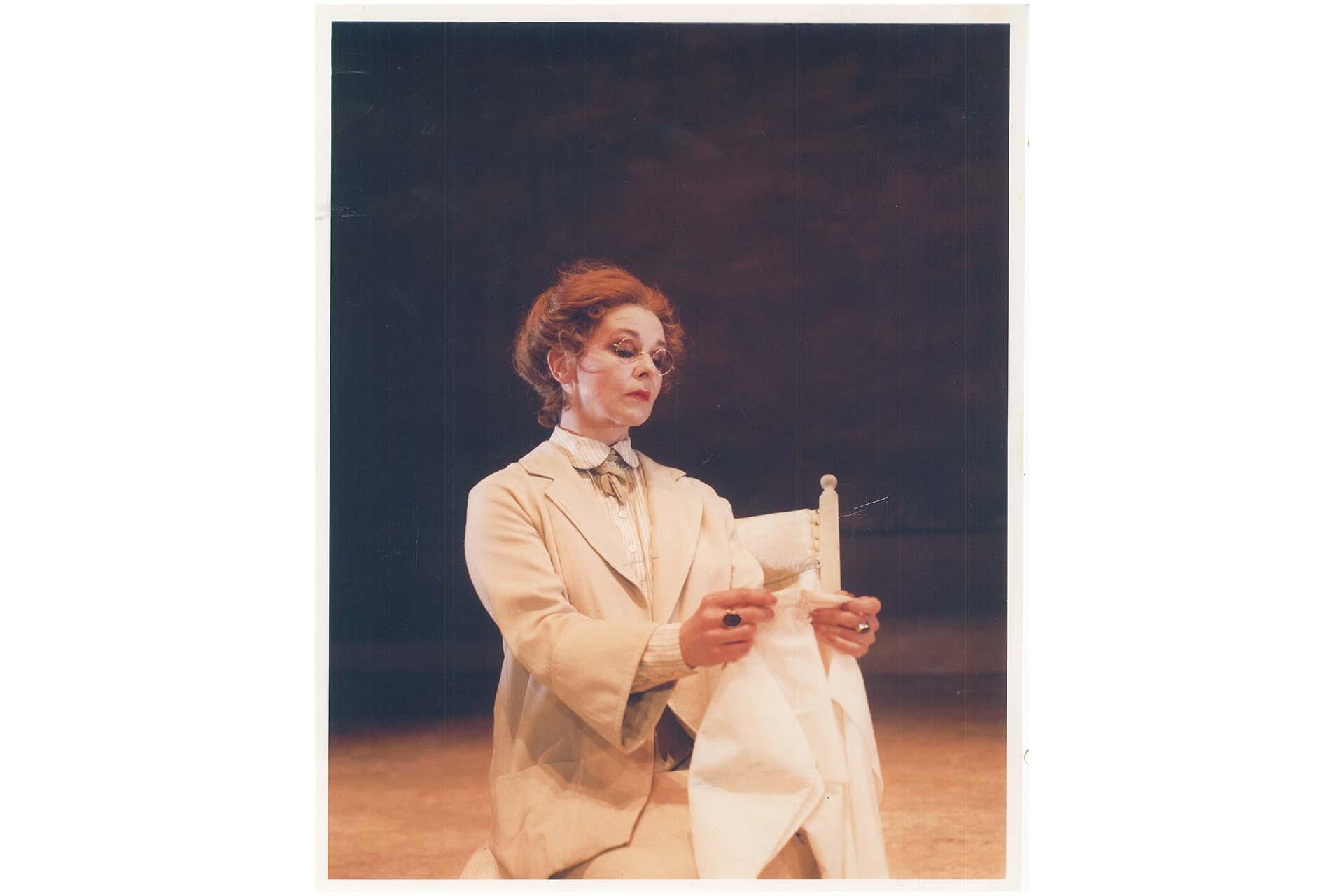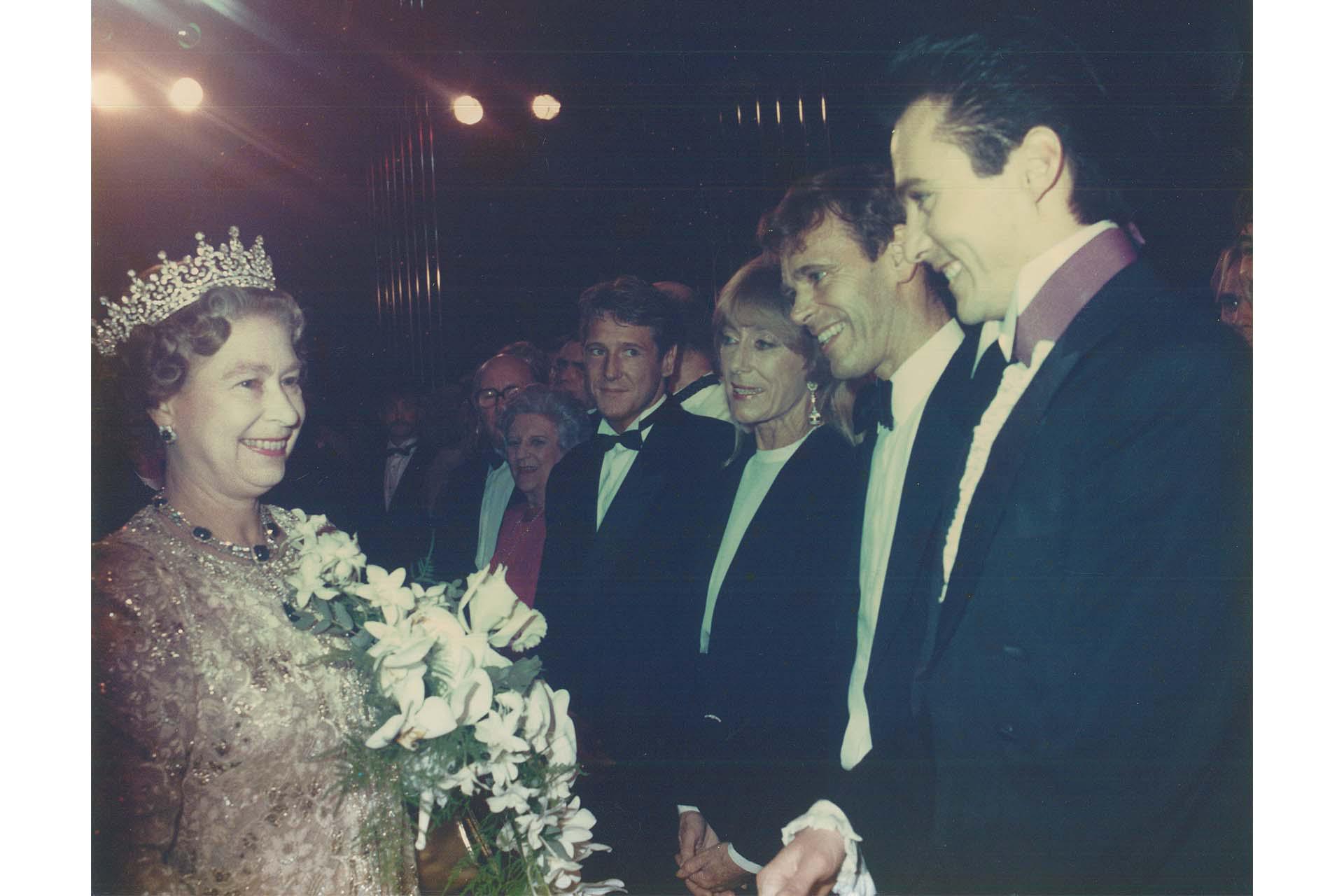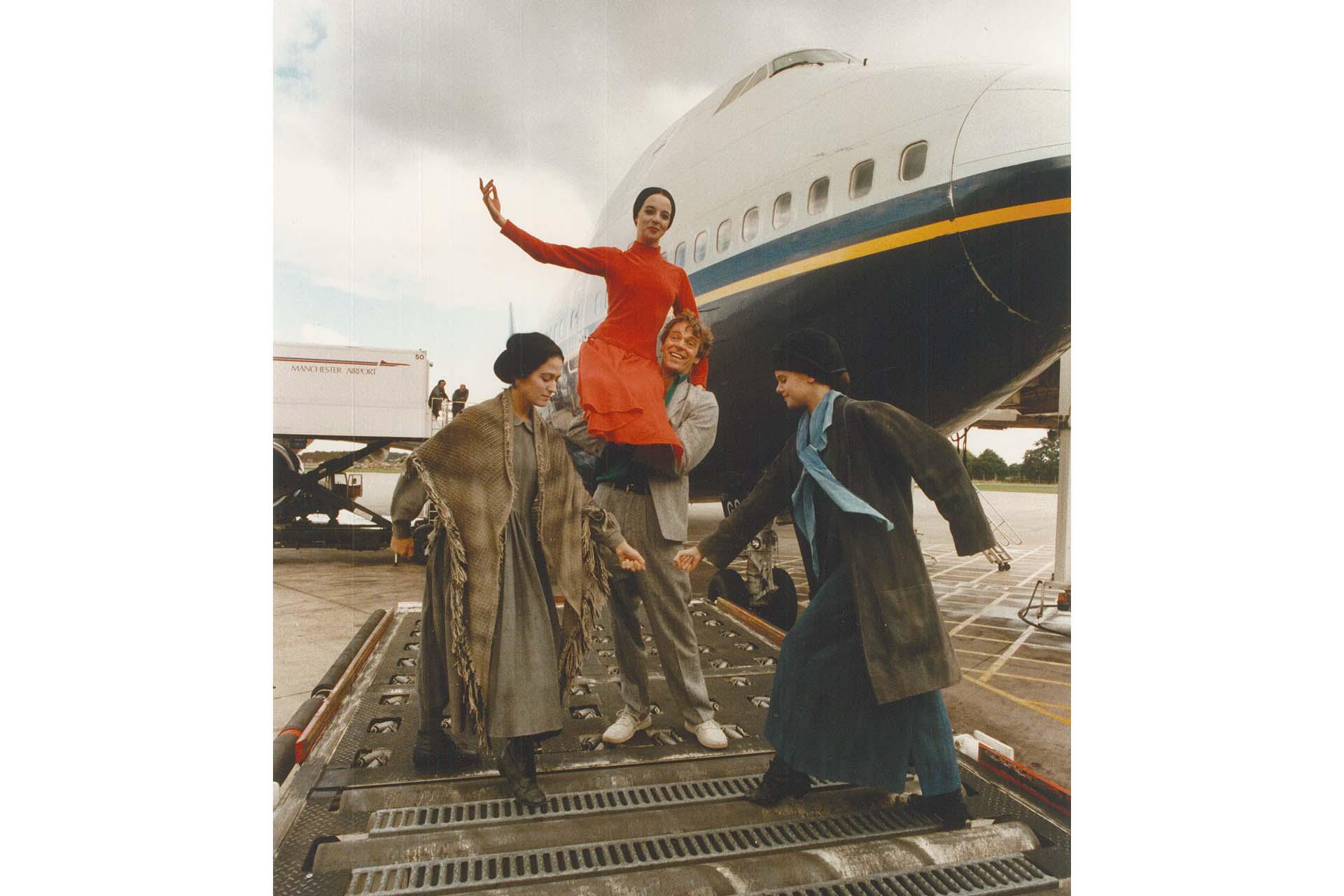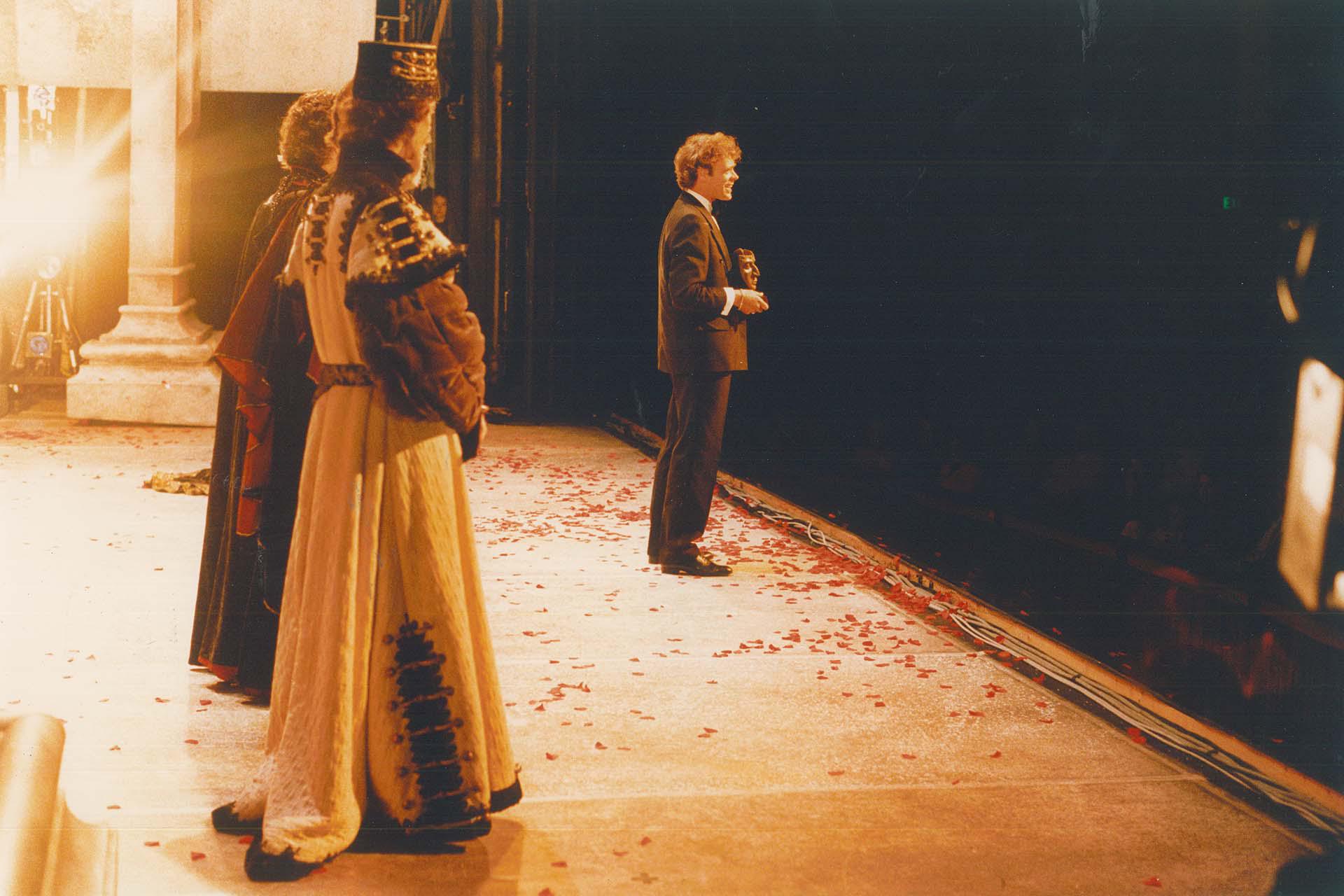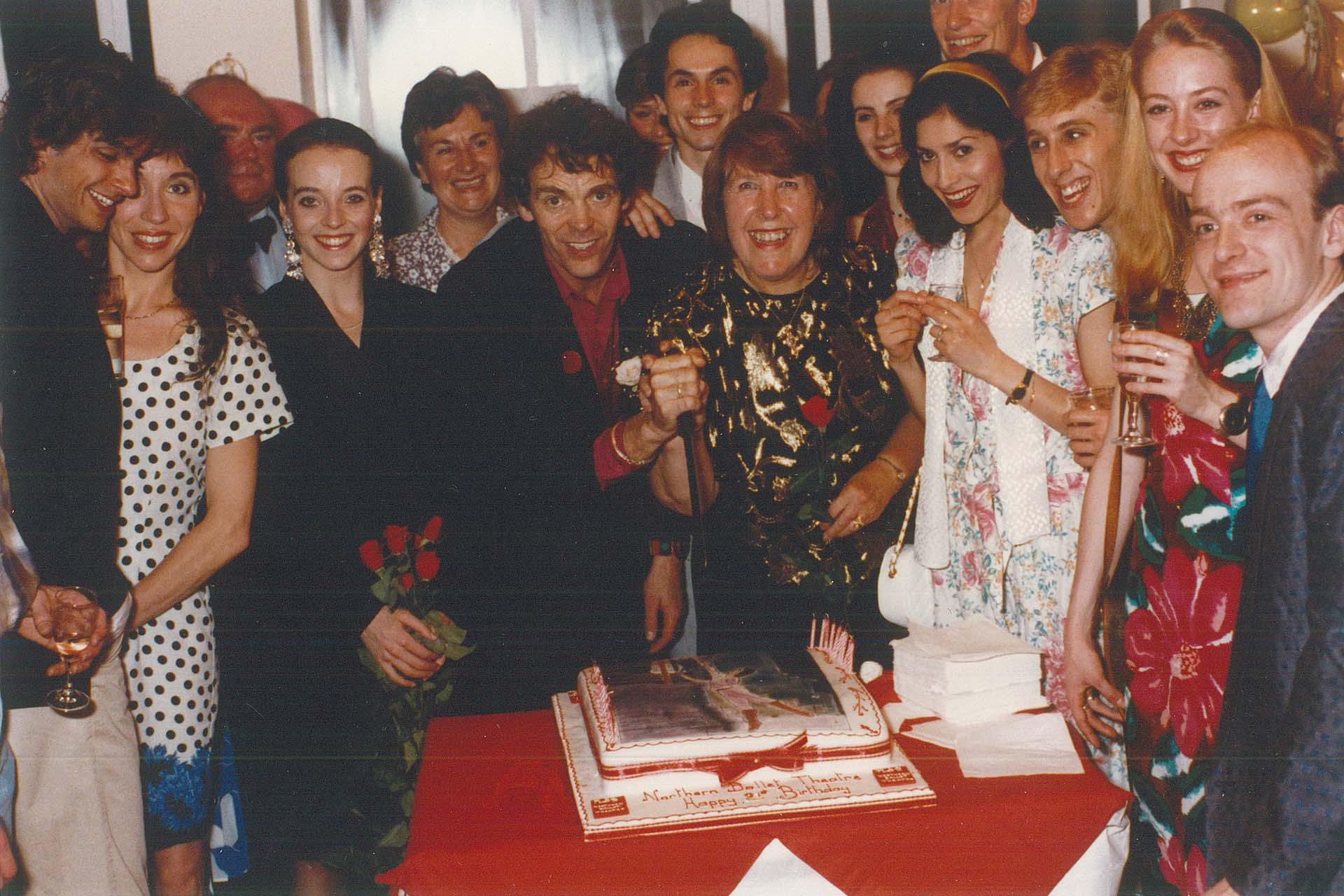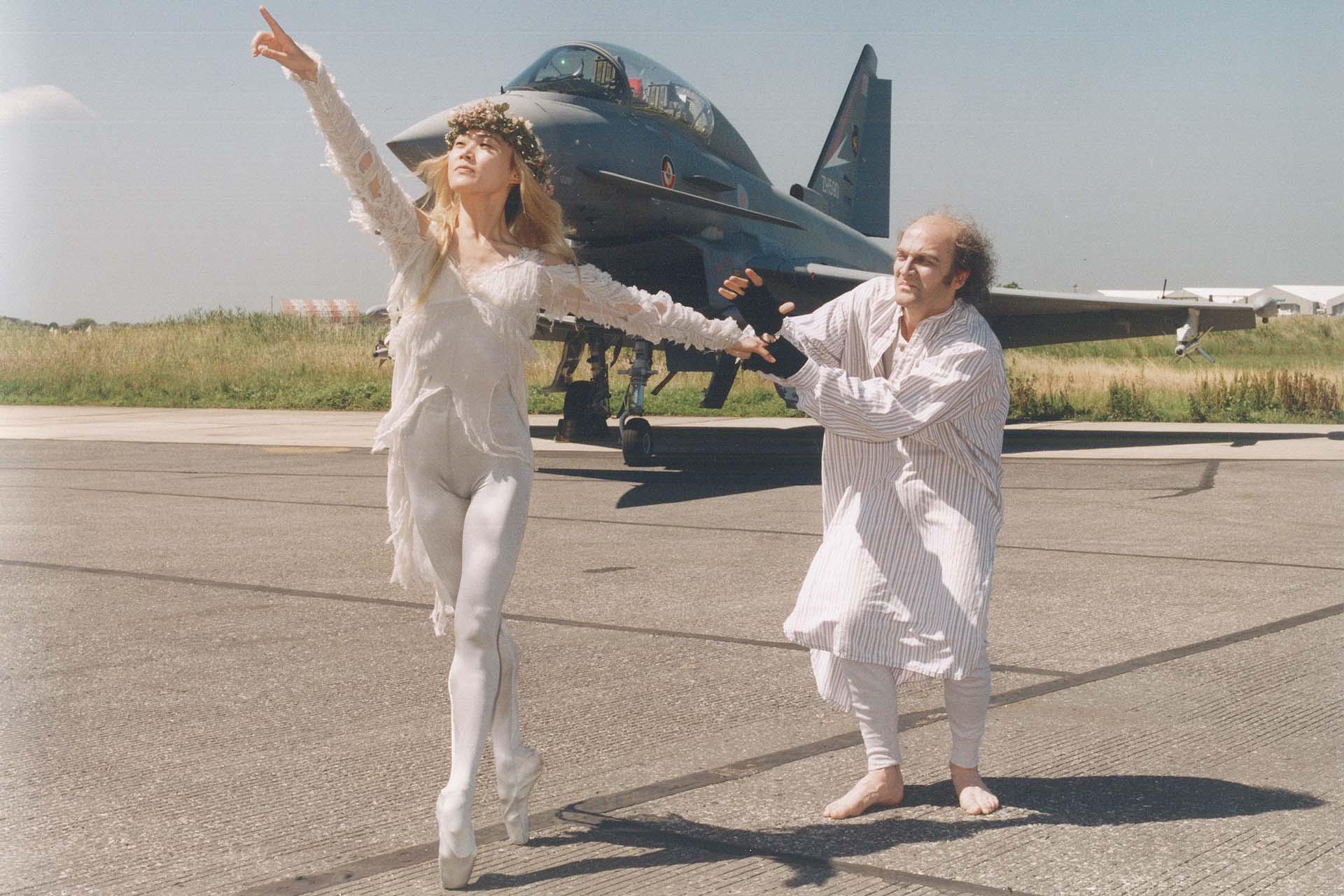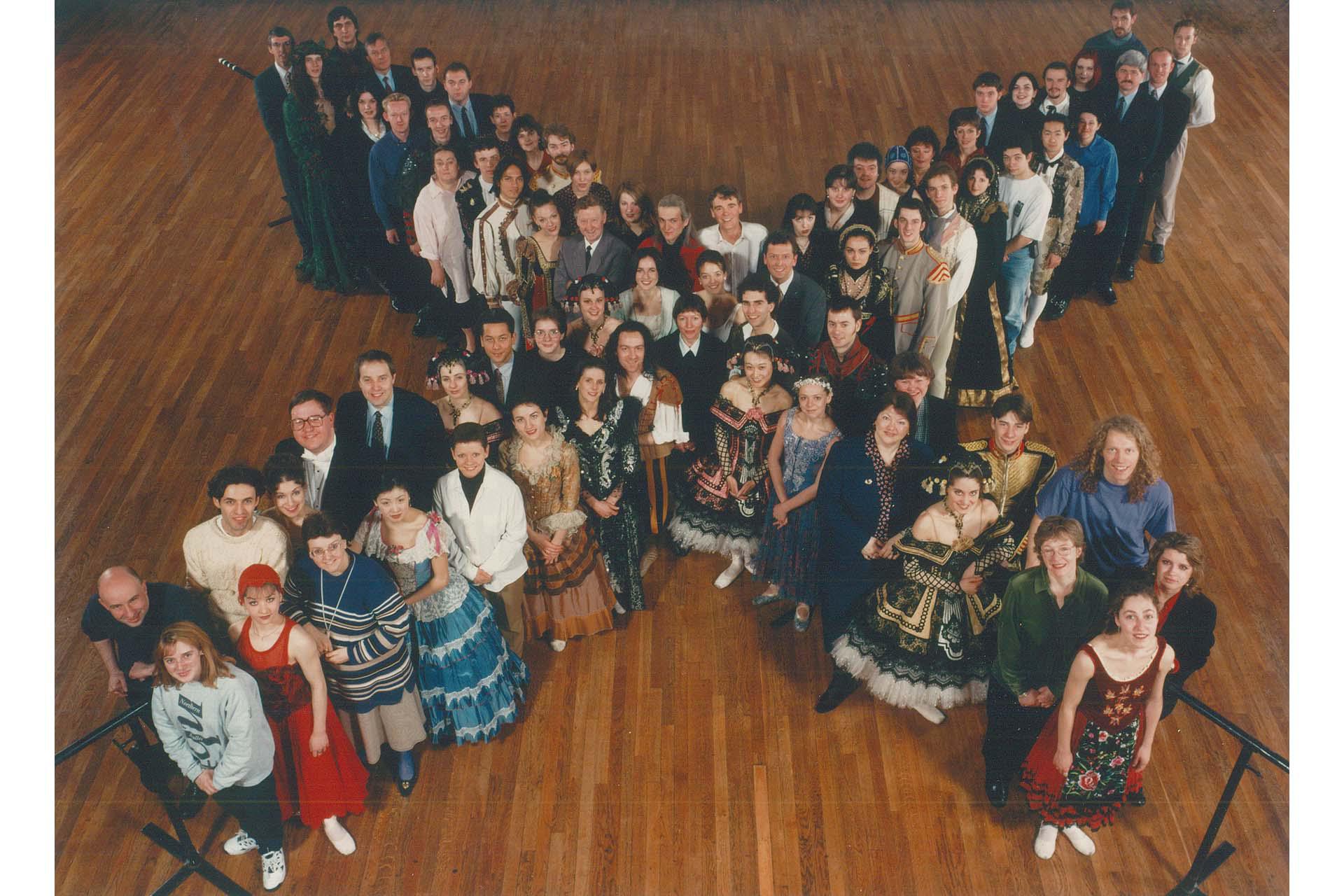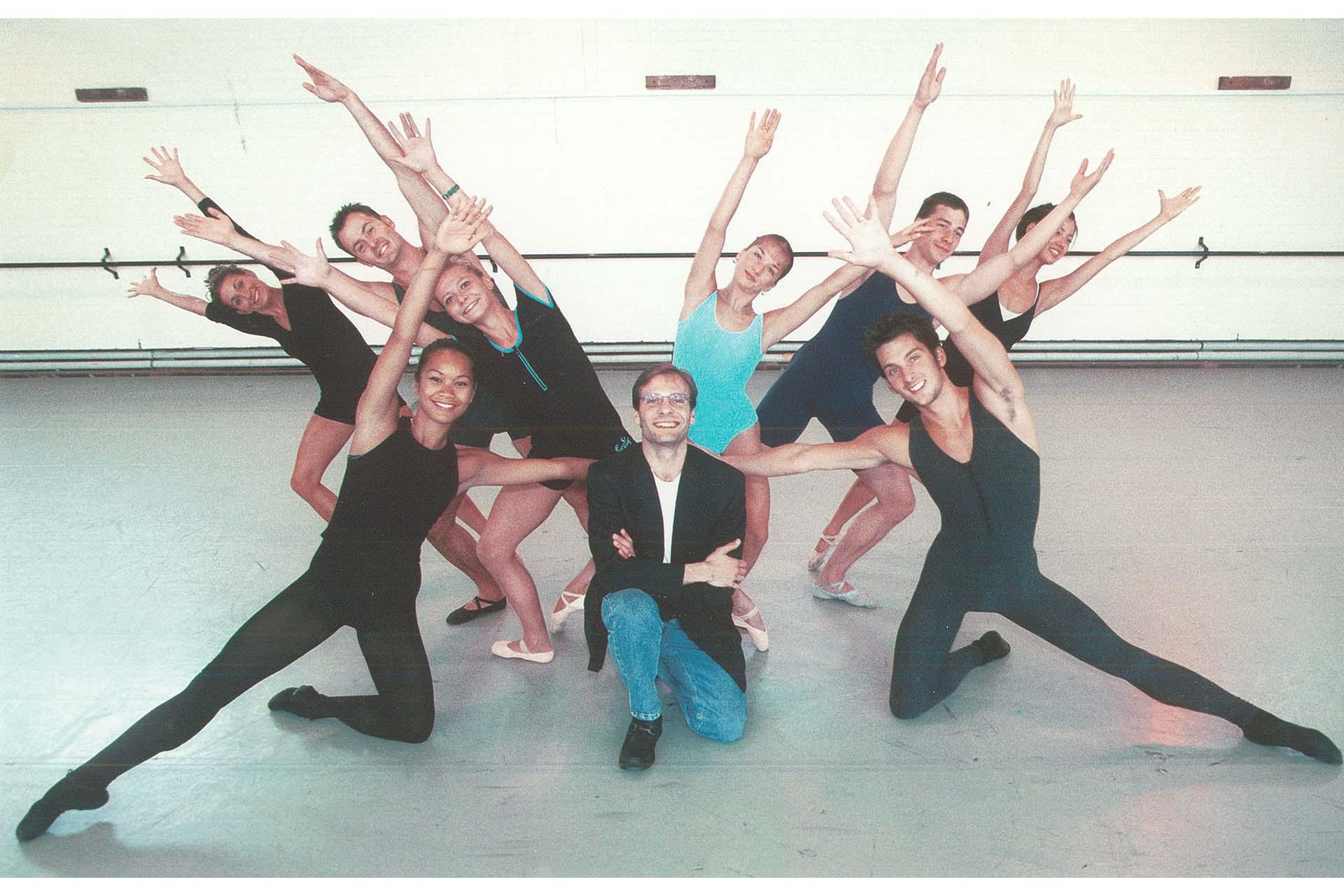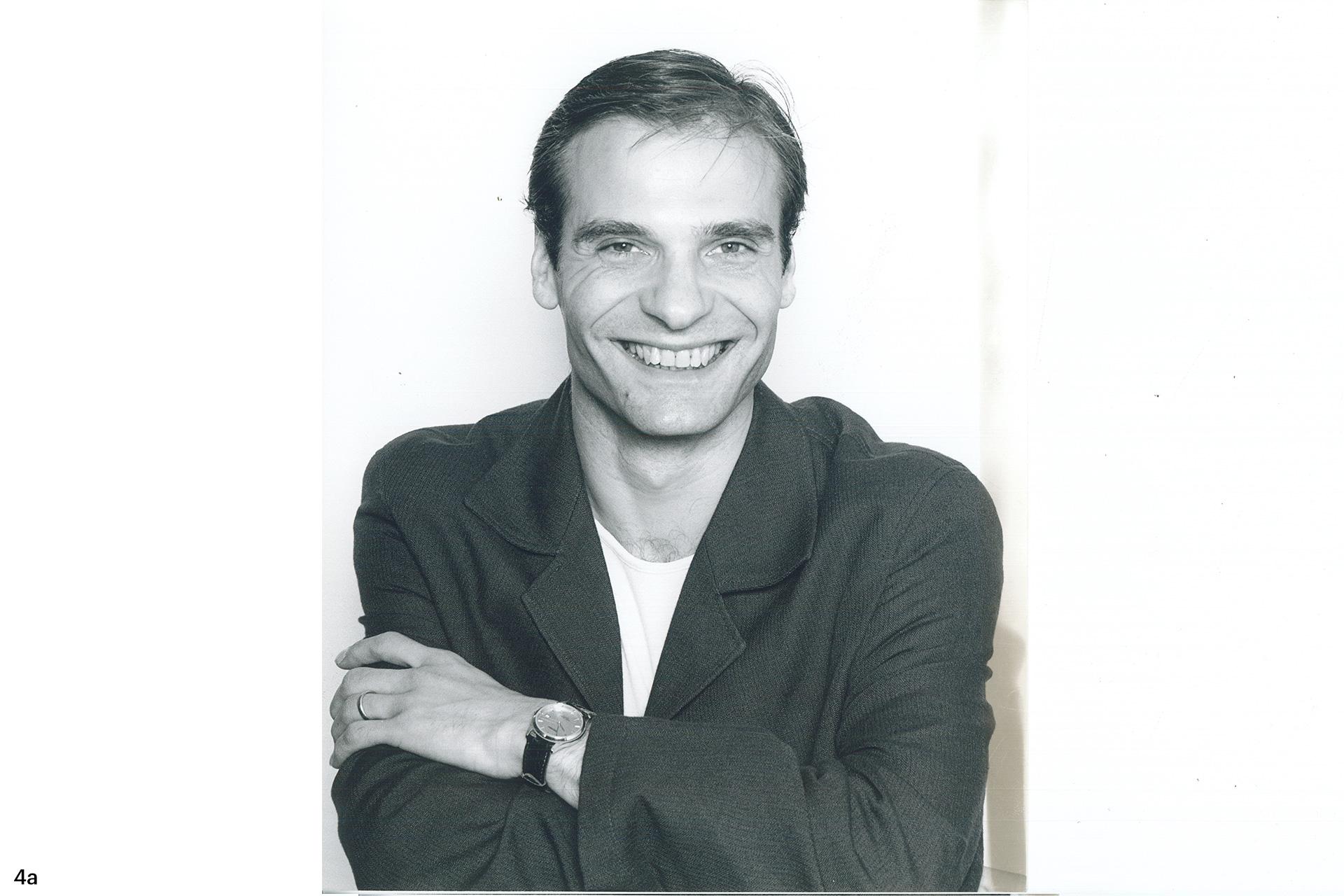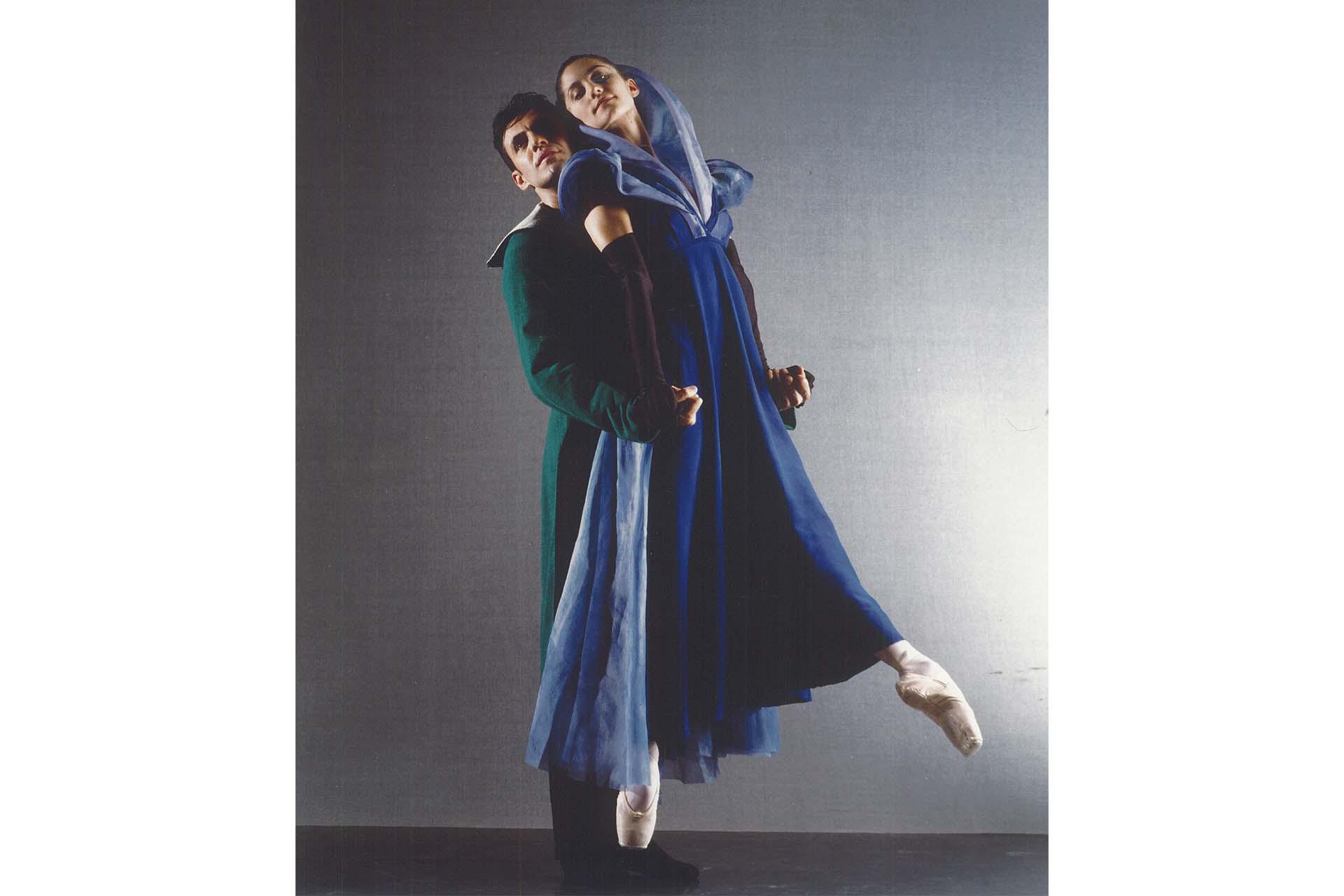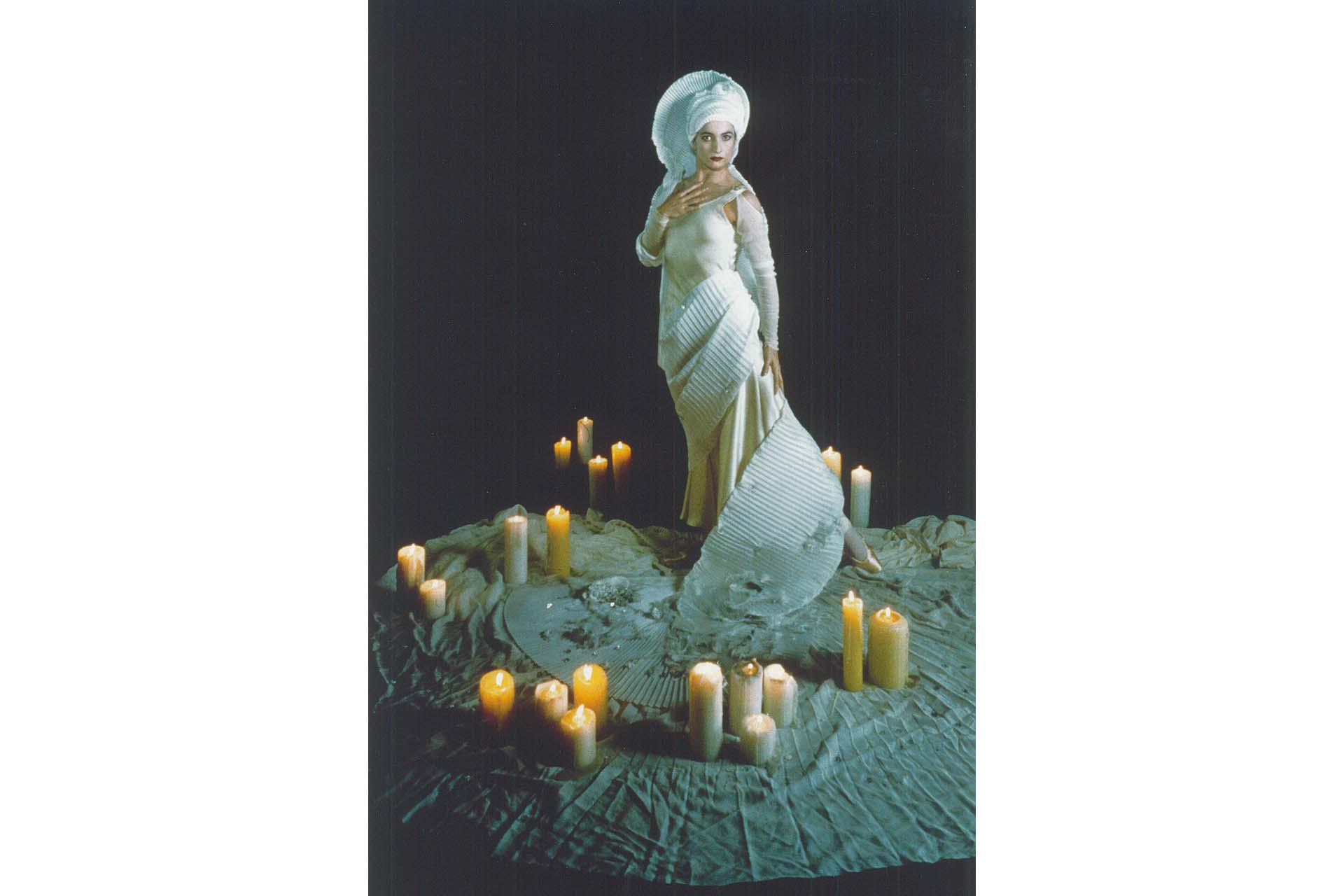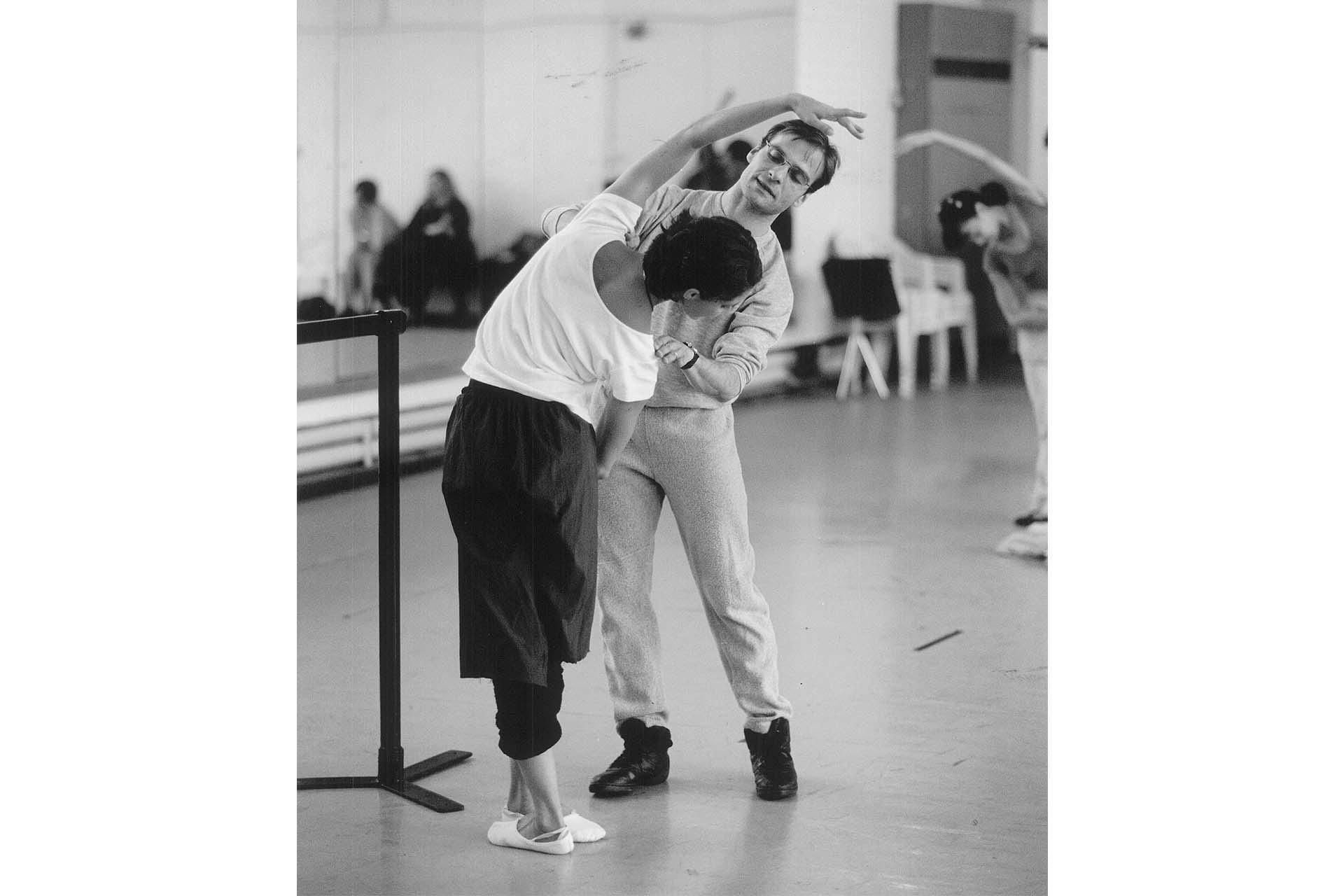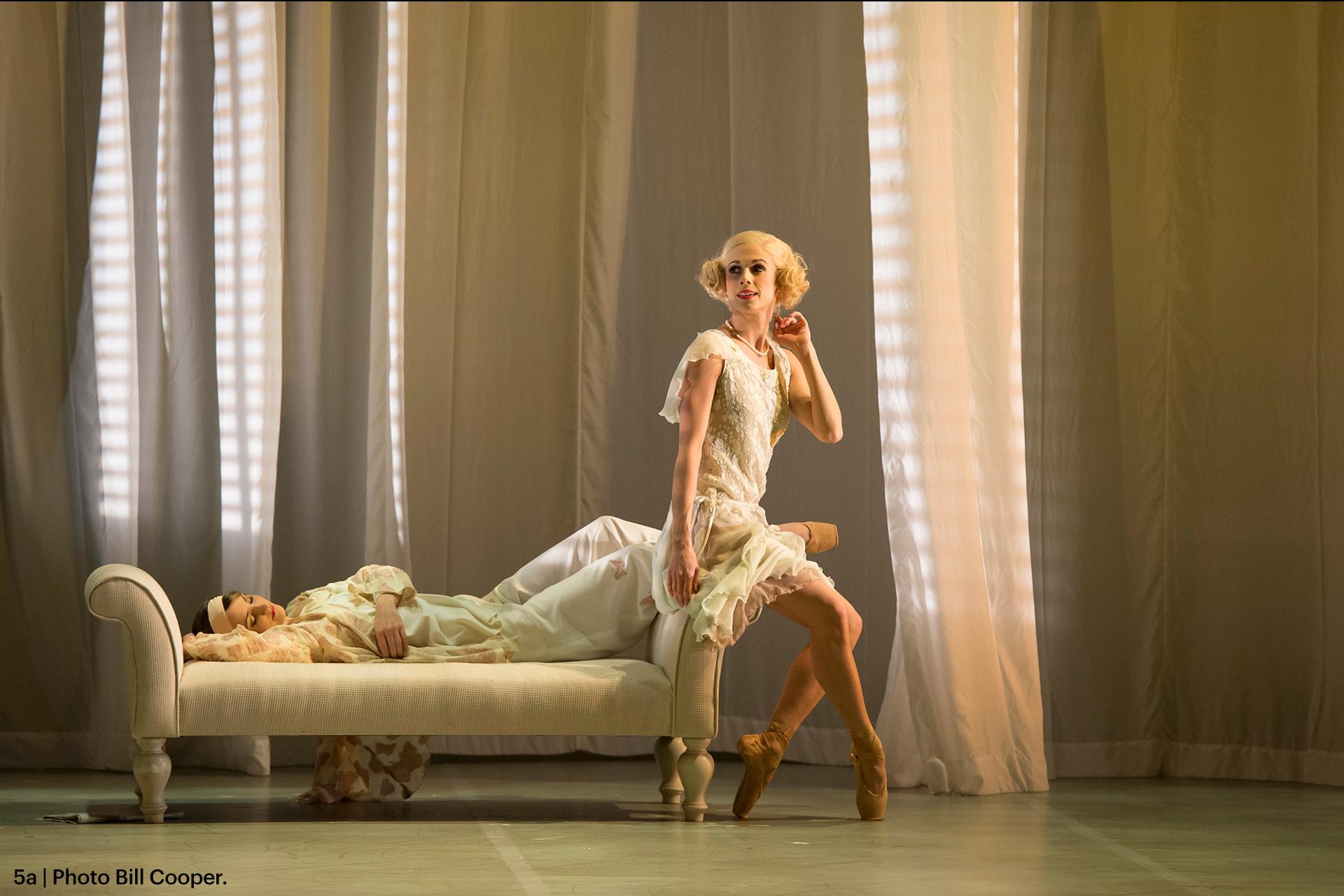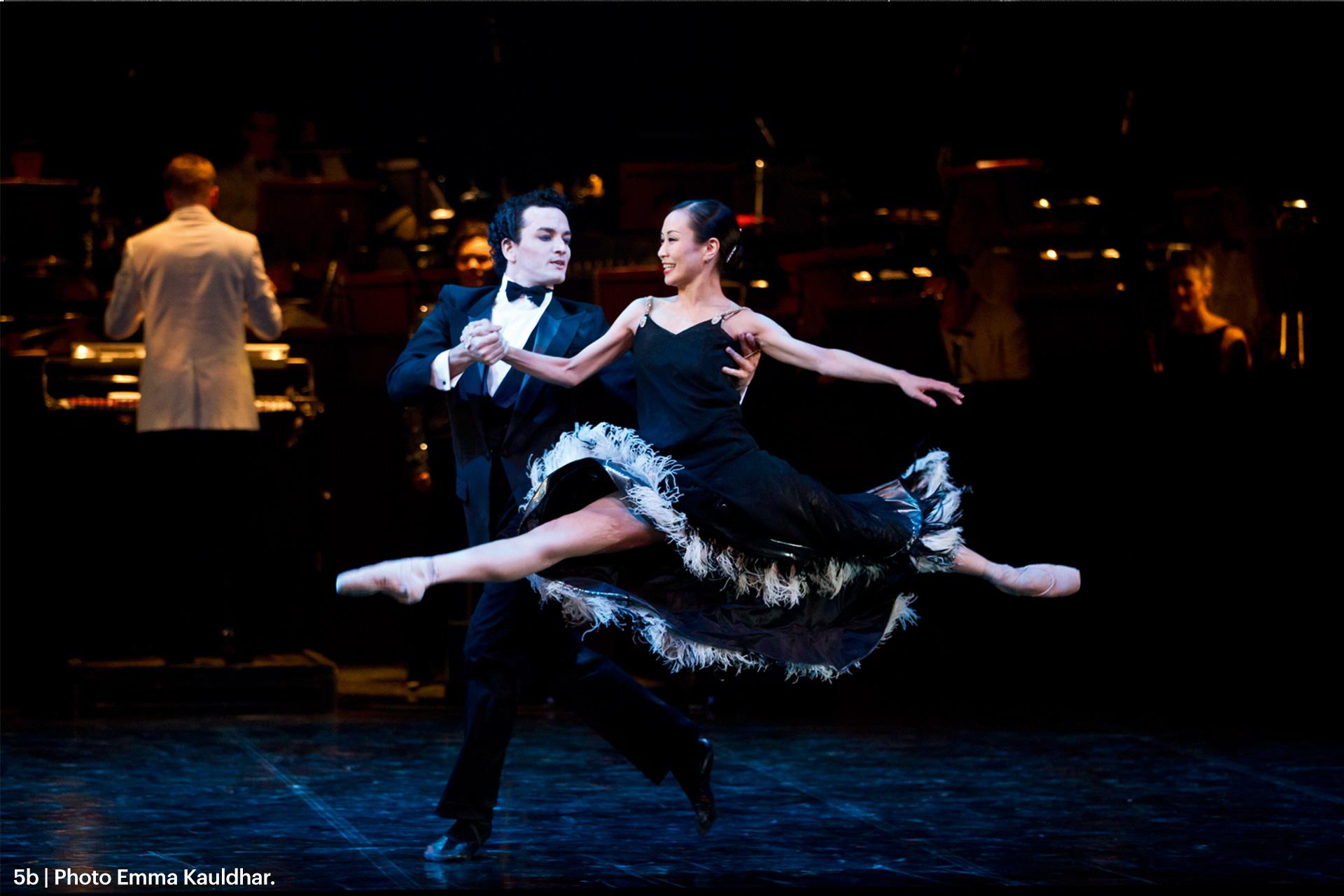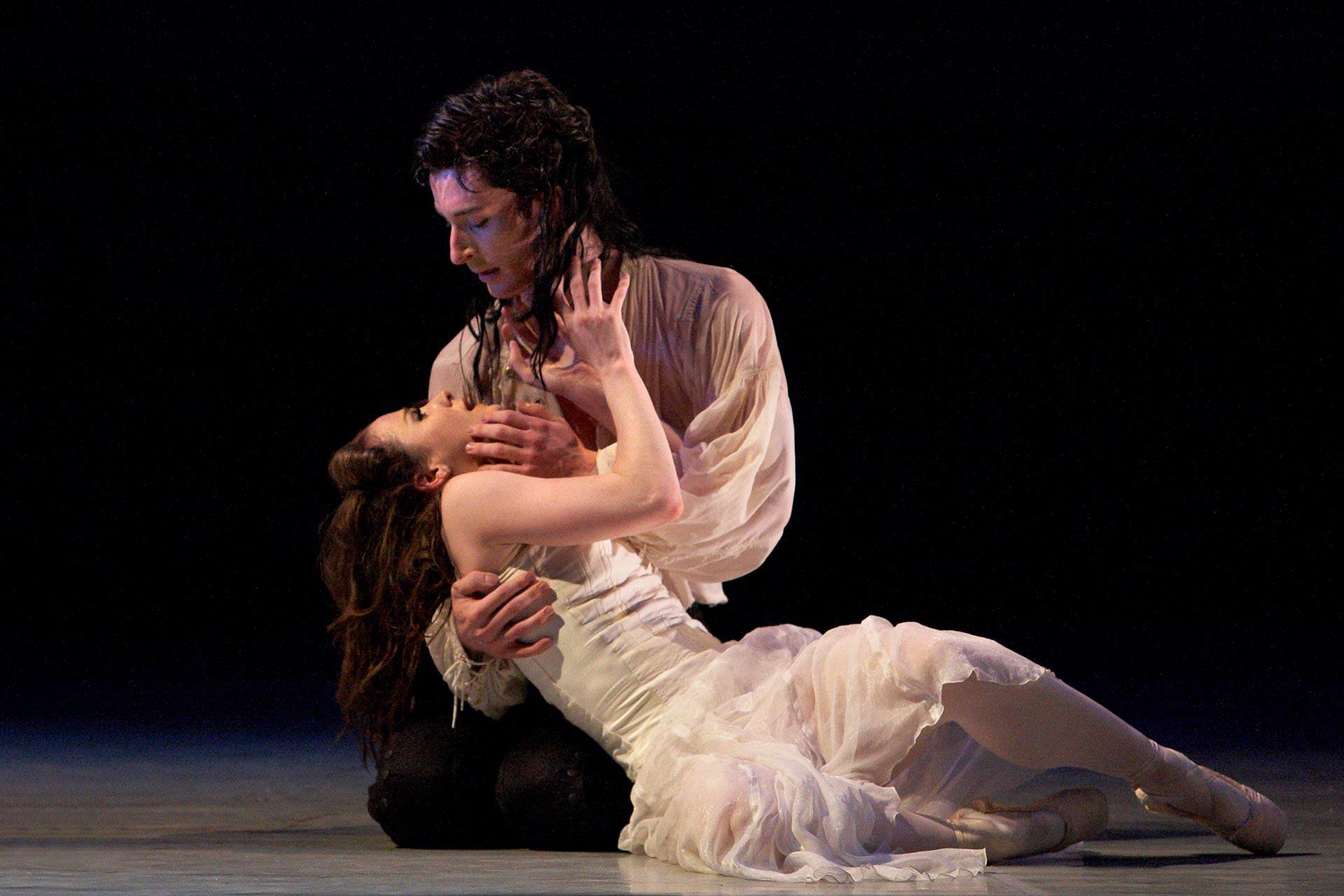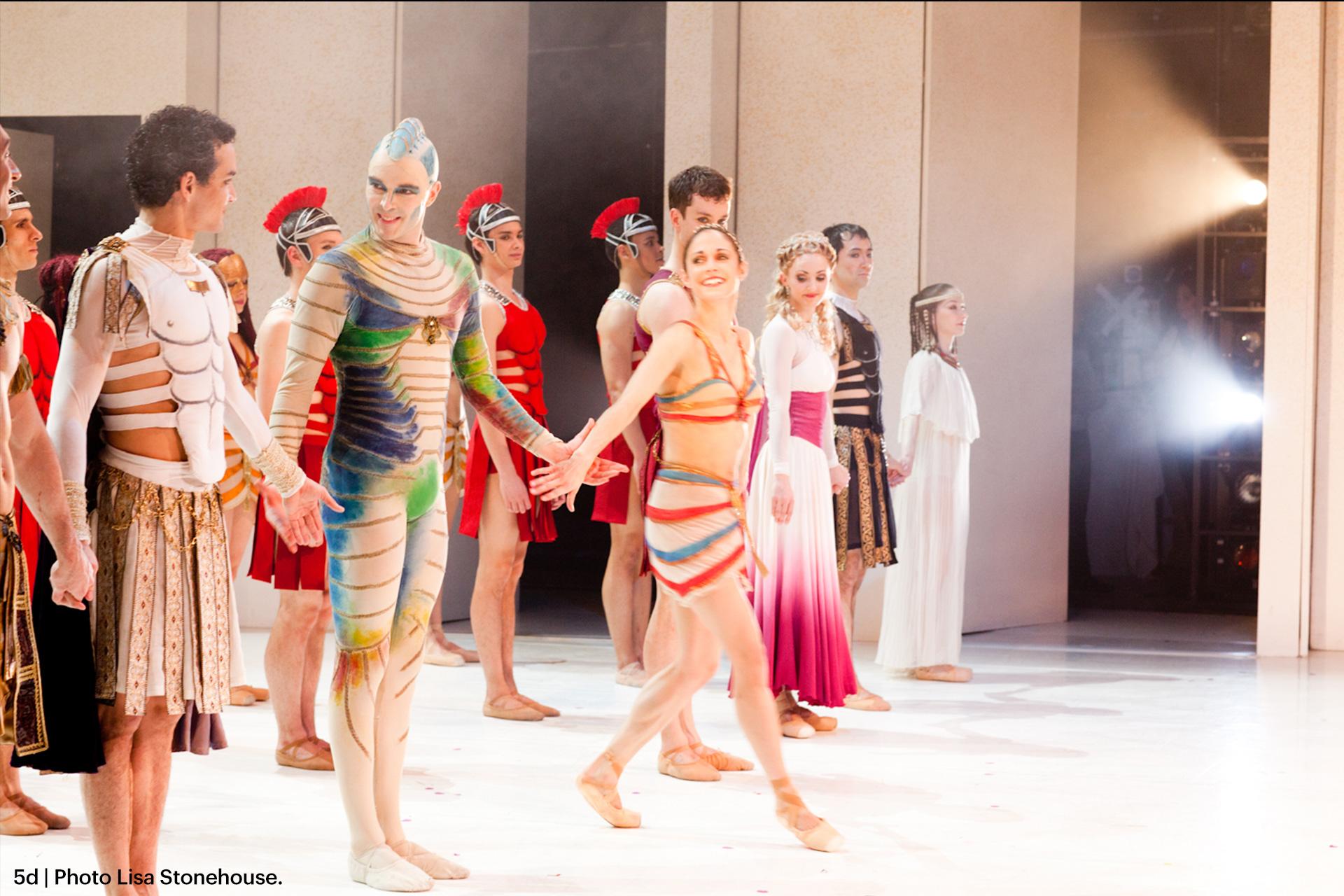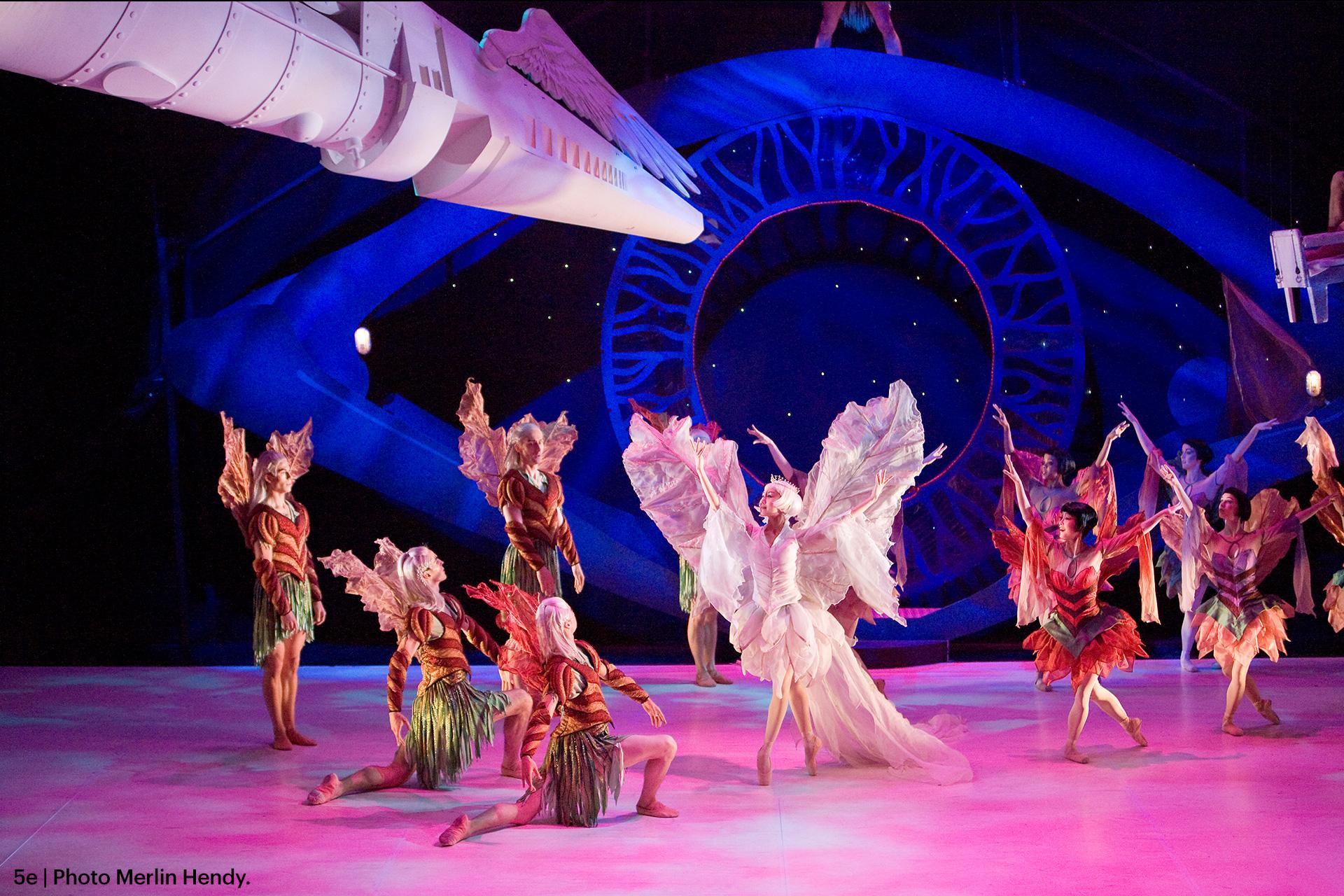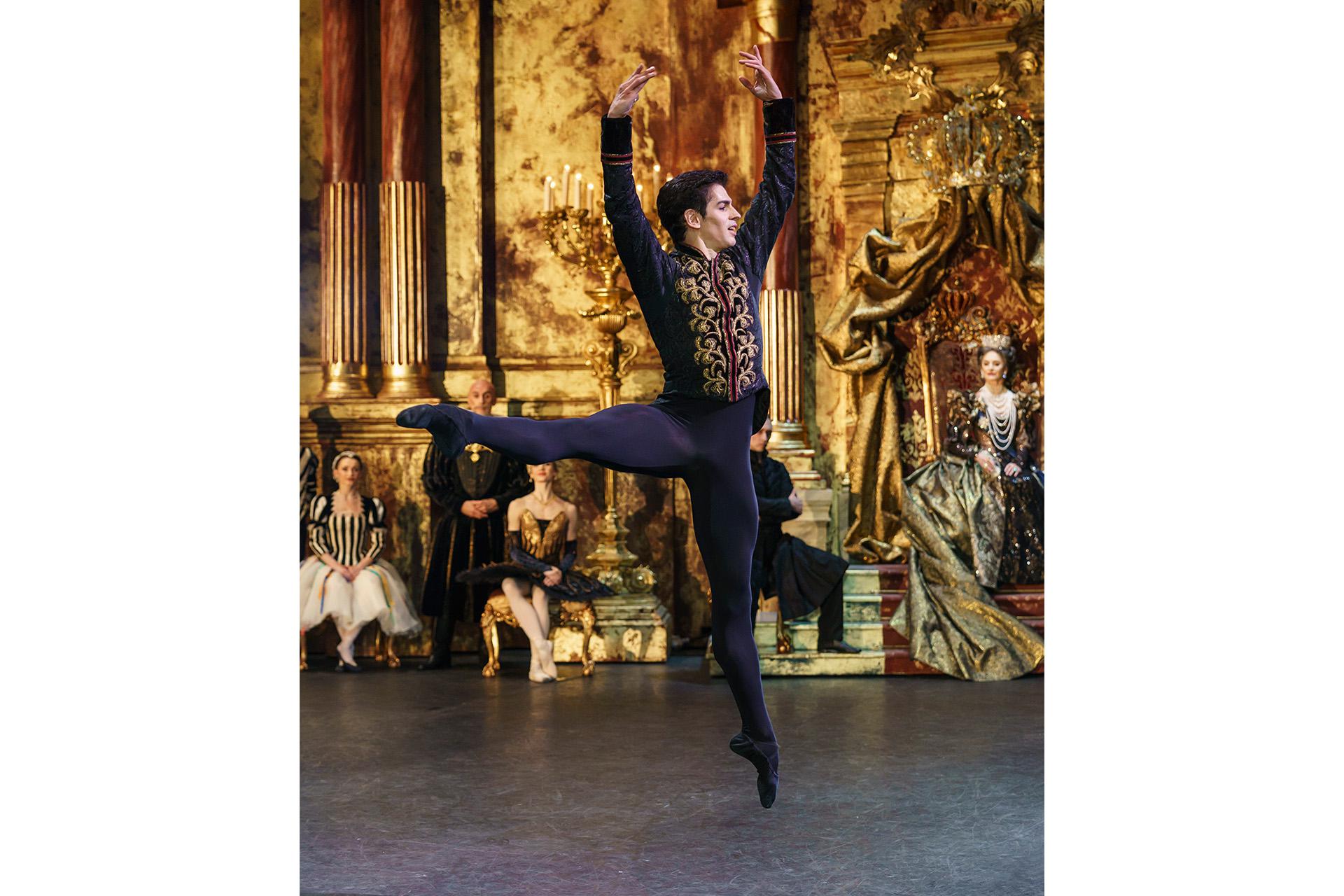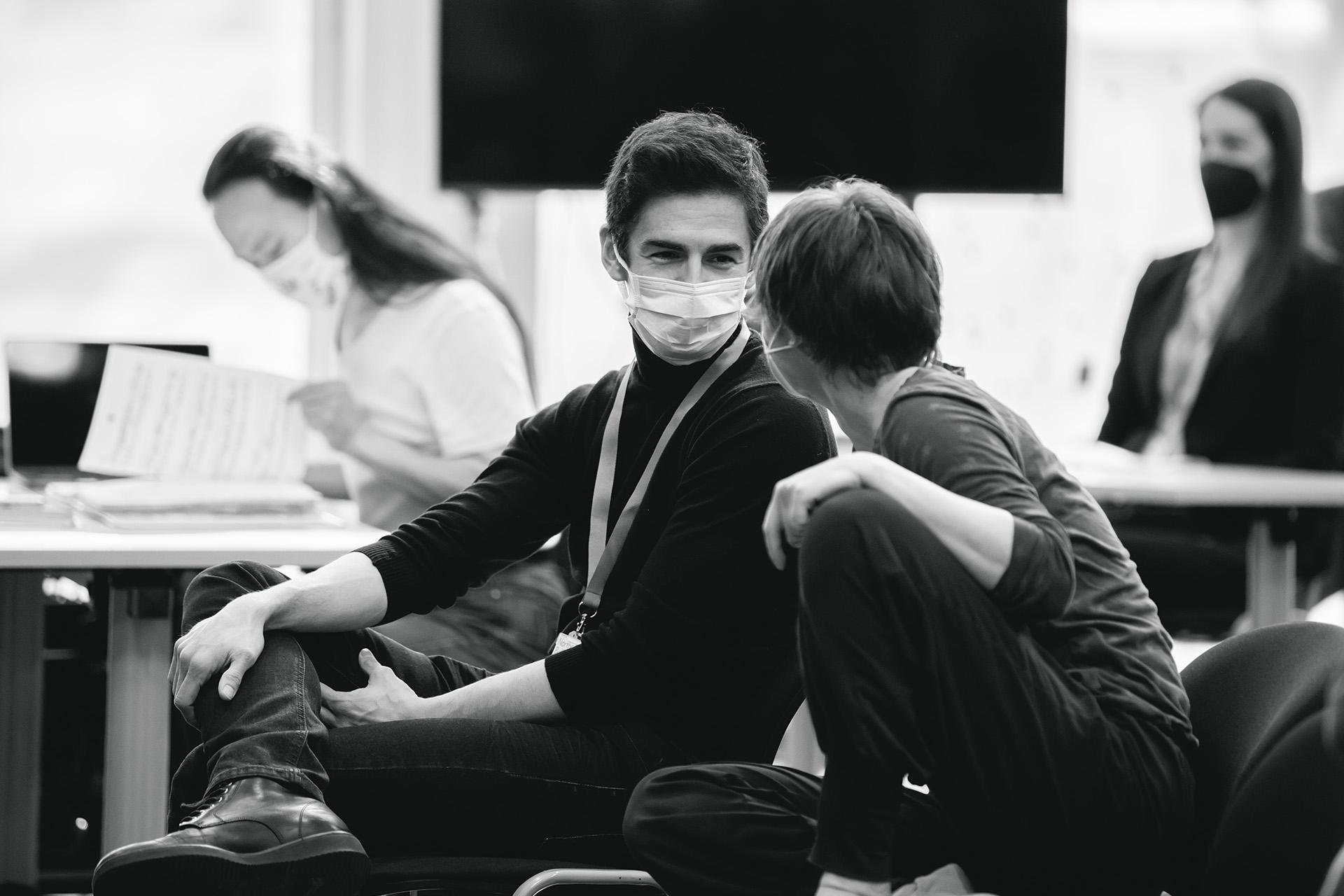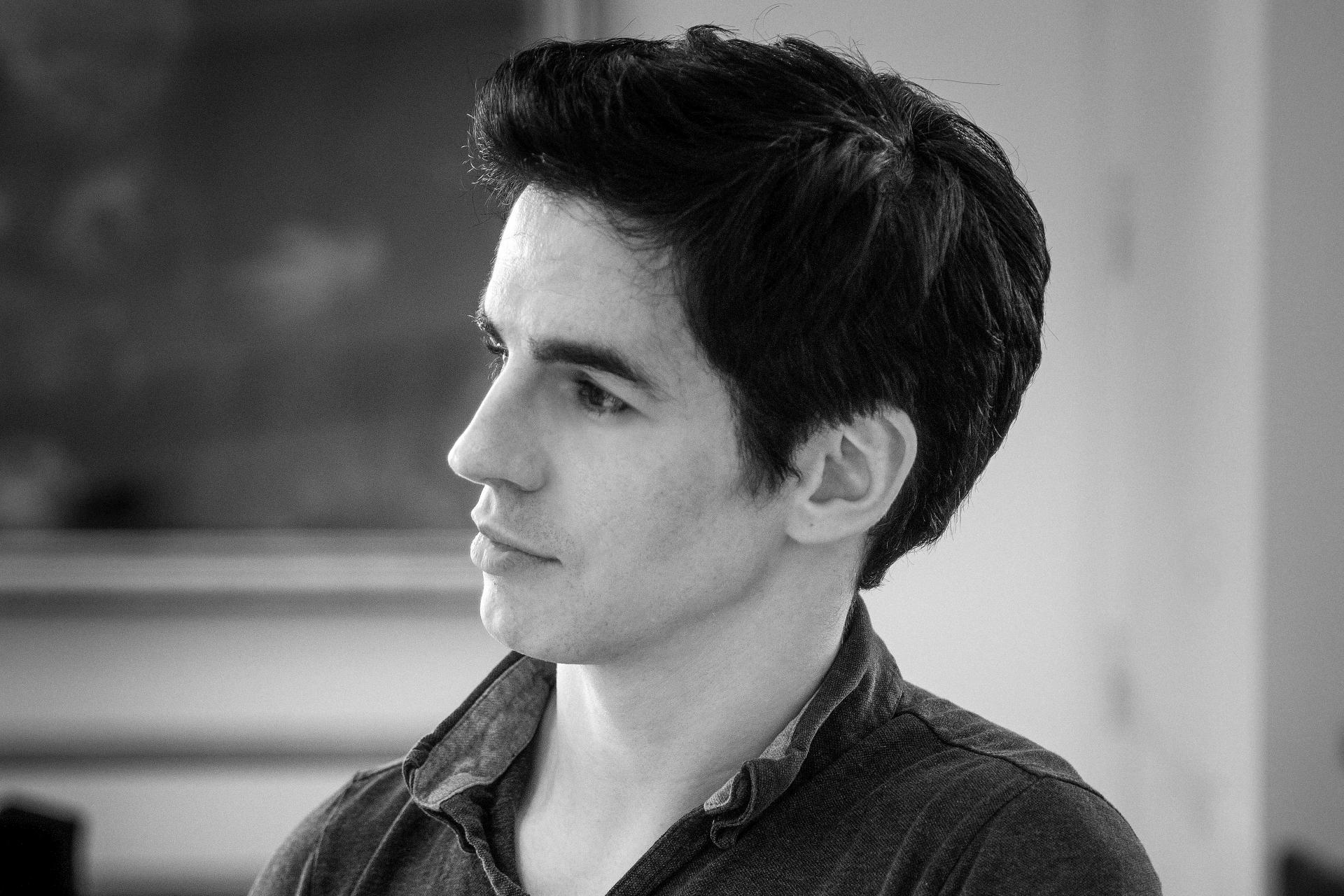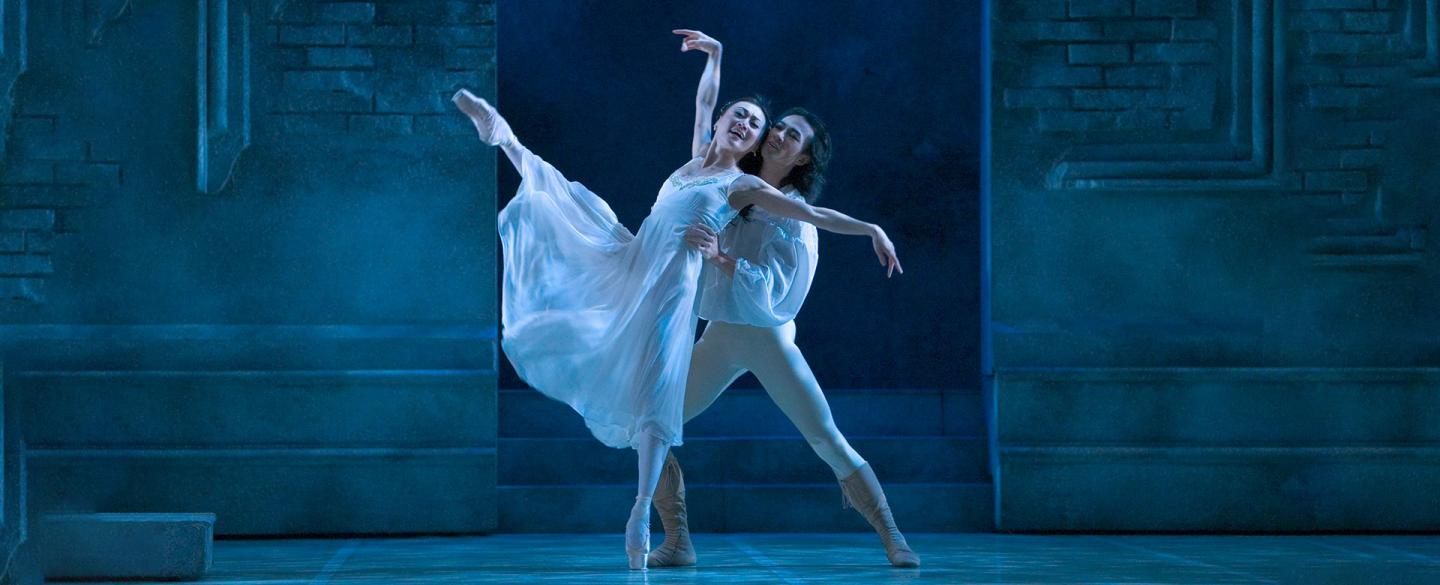
Our story began on Friday 28 November 1969.
At the University Theatre in Manchester, our Company took to the stage for the first time as Northern Dance Theatre, under the directorship of Canadian choreographer Laverne Meyer.
Over the next 50 years we would forge a global reputation for dance storytelling, becoming one of the world's foremost narrative classical ballet companies.
The Laverne Meyer Era
Artistic Director Laverne Meyer, 1969 – 1976
Northern Dance Theatre was set up in 1969 by Canadian-born Laverne Meyer. Meyer was a dramatic dancer whose formative years were spent with Bristol-based Western Theatre Ballet, the first ever British dance company to be based outside London.
The creation of Northern Dance Theatre was backed by the Arts Council, North West Arts and other supporters, and the Company gave its first performance at the University Theatre, Manchester, accompanied by musicians from the Royal Northern College of Music.
The Company began with 11 dancers and the emphasis was on small-scale classical and modern works, suiting both the size of the Company and the venues in which it performed. Northern Dance Theatre survived these early years through inventiveness, hard work and sheer determination, building a strong identity and a loyal audience in the North.
The Robert de Warren Era
Artistic Director Robert de Warren 1976 -1987
Robert de Warren was appointed Artistic Director in 1976. A classically trained dancer with a wealth of experience, having previously worked with the Royal Ballet and the larger West German ballet companies.
To highlight the Company’s new focus on ballet, he renamed it Northern Ballet Theatre. Now with over 20 dancers, de Warren was able to work on scaled-down versions of full-length classical ballets, rediscovered works and brand new creations. It was also under his leadership that the Company started to build an international reputation, recruiting dancers from China, Japan, Italy and France, and touring Italy and Hong Kong. The rapidly expanding repertoire of shorter ballets, to which de Warren and Andre Prokovsky made significant contributions, included work from choreographers as distinguished as August Bournonville, Michael Fokine, Walter Gore, John Cranko and Royston Maldoom.
In 1987, after 11 years as Artistic Director, de Warren accepted a new post at La Scala, Milan. His contribution to the development of Northern Ballet Theatre had been significant; under his direction the Company increased in size to 28 dancers, Rudolf Nureyev became Artistic Laureate and danced as a regular guest artist, and HRH The Princess Margaret, Countess of Snowdon, became Northern Ballet’s Royal Patron.
The Christopher Gable CBE Era
Artistic Director Christopher Gable CBE 1987 – 1998
Christopher Gable CBE’s association with Northern Ballet Theatre began in 1987 when he was persuaded to take the part of Salford-born artist, L.S. Lowry in Gillian Lynne’s new ballet for the Company, commissioned by Salford City Council to celebrate the artist’s life and work.
As a result, Gable returned to the dance stage after 20 years away: Lynne knew of no other dancer whose experience could master the complex and sensitive character of Lowry. Following a notable career with the Royal Ballet, Gable had pursued an equally distinguished career as a stage, film and TV actor. His association with Ken Russell led to some of his most memorable film credits including the title role in The Boyfriend, in which he co-starred with Twiggy, and D.H. Lawrence's The Rainbow, co-starring Glenda Jackson. His TV work included Russell’s much acclaimed insight into the life of Delius as seen through the eyes of Eric Fenby, played by Gable. His stage work included successful seasons with the Royal Shakespeare Company and The Royal Exchange Theatre.
A new focus
As Artistic Director of Northern Ballet Theatre, Gable focused as much on the ‘theatre’ as the ‘ballet’ in the Company's title. In a relatively small UK theatre circuit, which included a number of classical ballet companies, he saw a unique role for National Ballet Theatre. As a result, the Company attracted a new audience to dance through theatrical, emotional and dramatic narrative dance theatre.
With the emphasis on classical dance drama, the popular success of A Simple Man was followed by full-length productions of Swan Lake, Romeo & Juliet, A Christmas Carol, The Brontës, The Amazing Adventure of Don Quixote, Dracula, Giselle and The Hunchback of Notre Dame. Many of the productions won awards and were huge box office hits, making Northern Ballet Theatre one of the most successful touring companies in the UK.
From 1993 to 1998 Michael Pink was Associate Artistic Director, choreographing The Hunchback of Notre Dame, Swan Lake and Dracula – the last of which he regularly stages in the US.
An outstanding legacy
Gable's impact was remarkable. In his 11 years as Artistic Director, the Company developed a large and loyal audience who relished its innovative and accessible productions. The dancers also benefited hugely from Gable's theatrical experience as their new performance skills were carefully nurtured through a programme of acting, singing and mime workshops. As their ability to communicate with an audience was finely tuned, the Company’s dancers were recognised not only for their expertise as classical dancers but also for their skill as actors.
Throughout his time at Northern Ballet Theatre, Gable also remained Artistic Director of Central School of Ballet, a school he co-founded with Ann Stannard in London in 1982, which became a source of dancers for the Company. Gable, who in 1996 was awarded a CBE for services to British dance, said:
'Northern Ballet Theatre and Central School of Ballet provide classical dance training and experience that is unique to the United Kingdom. It is narrative, theatrical and dramatic and is accessible to a wide range of audiences who would not otherwise see the highest quality of dance.'
When Gable died in 1998, the Company had begun to gain a worldwide reputation, with its productions requested by Norwegian National Ballet, Atlanta Ballet and The Royal New Zealand Ballet. Gable’s invaluable legacy was that he made Northern Ballet Theatre a flagship for change: teaching a whole generation of dancers to think differently about their craft and through his philosophy attracting a new and wider audience to dance theatre.
The Stefano Gianetti Era
Artistic Director Stefano Giannetti 1999 – 2001
In May 1999, Stefano Giannetti became the Company’s fourth Artistic Director. His dance career had seen him create and perform principal roles for English National Ballet and Deutsche Oper, where he honed his skills as a choreographer in ballet and opera productions.
His first ballet for Northern Ballet Theatre was a well received adaptation of Charles Dickens's Great Expectations. Giannetti directed and choreographed the ballet which premiered in the Company's home city of Leeds in February 2000. Giannetti left the Company in May 2000 to pursue an international choreographic career.
The David Nixon Era
Artistic Director David Nixon CBE 2001 – 2022
David Nixon CBE joined the Company as Artistic Director in August 2001 and began the work of revitalising the Company's training programme and adding a variety of challenging works to the repertoire.
In February 2002, he presented his revised version of Madame Butterfly; poignant and dramatic, it was a triumph in London and on its UK tour. Then, in May 2002, Nixon gave the dancers the opportunity to ‘let loose’ in the UK première of his tribute to the music of George and Ira Gershwin, I Got Rhythm – the genius of Gershwin in song and dance. Another audience hit, the production had the added excitement of guest singers and the Company’s orchestra appearing big-band style on stage.
Nixon's first complete new work for the Company, Wuthering Heights, was a glorious collaboration with composer Claude-Michel Schönberg. The production premiered at the Alhambra Theatre Bradford on 21 Sept 2002, close to Top Withens and the dramatic moors that inspired Emily Brontë's masterpiece.
Nixon has created over ten new full-length ballets for the Company and recreated many others new to the Company. In 2011, during his tenth season as Artistic Director, Nixon premièred his tenth new work for the Company, Cleopatra. This is a major new production created in collaboration with Claude-Michel Schönberg who wrote a new score for the ballet. Following that, he created Beauty & the Beast, and a ballet version of the American classic The Great Gatsby, to music from Sir Richard Rodney Bennett. In December 2013, the Company premièred a new version of Cinderella choreographed by David, and in 2017 he choreographed The Little Mermaid .
New name, new home, new direction
Under Nixon’s directorship, the Company moved to new purpose-built facilities and changed its name to Northern Ballet, reflecting its 21st century vision to become a powerhouse of inventive dance.
Northern Ballet is now regarded as one of the world’s greatest ballet companies, committed to creating new ballets and touring widely, performing to audiences throughout the UK who otherwise wouldn’t have access to the highest quality ballet. The Company is also much in demand internationally and has performed in China, Bangkok, Milan, Barcelona and Miami.
Northern Ballet’s new home is a magnificent six-storey purpose-built space with seven dance studios, a 230-seat studio theatre, health suite, office space, meeting rooms and conference space. It is enabling the Company to expand its Academy, offer a wider programme of dance classes, create new work and give more opportunities for experimentation and invention as the Company continues its artistic growth and development.
In 2014 Northern Ballet won Best Company at the inaugural Taglioni European Ballet Awards and in 2016 were honoured by the Best Dance Award at the South Bank Sky Art s Awards.
One of Nixon's final achievements was to navigate the Covid-19 pandemic, overcoming the odds to produce a new full-length ballet, Drew McOnie's Merlin. With the Company's future secured, he made the decision to bring his unforgettable era to an end, stepping down in April 2022. Audiences have seen us perform 18 full-length ballets choreographed by Nixon and watched as a diverse range of creative talent emerged under his leadership.
The Federico Bonelli Era
Artistic Director Federico Bonelli 2022 - Present
Federico Bonelli became the Company’s new Artistic Director in May 2022. He trained at the Turin Dance Academy and danced with Zürich Ballet and Dutch National Ballet before joining The Royal Ballet in 2003, where he was a Principal dancer and Federico also co-facilitated The Royal Ballet’s Inclusivity Focus Group. In 2019 Federico graduated from the Clore Leadership Programme (The Clore Fellowship). His awards include first prize at the Rieti International Ballet Competition and a Prix de Lausanne scholarship.
Since joining in 2022, Federico has commissioned four new works across two years for Three Short Ballets in 2023 and 2024, and he has spearheaded the revival of Christopher Gable CBE and Massimo Moricone's Romeo & Juliet to tour in 2024, despite the show having been severely damaged in the 2015 Boxing Day floods. Federico has also been instrumental in forwarding the organisations inclusive dance work on both stage and screen. This has included members of Ability, Northern Ballet's course for adults with additional learning support needs starring alongside Company members in a short film Every Little Thing is a Change and performing in Romeo & Juliet at Leeds Grand Theatre. In 2023 Federico launched Sketches, which nurtures new choreographic talent by providing the time and space for artists to explore their practice.
Upcoming productions include a revival of Company classic A Christmas Carol and Cathy Marston's Jane Eyre. Federico is committed to telling stories that connect, and using future commissions to give develop new voices, ensuring Northern Ballet continues to share the joy of dance with as many people as possible.
Photo references
-
Laverne Meyer years
-
- Laverne Meyer taking rehearsal at the Company’s headquarters, the Zion Institute in Manchester
- The Company in 1975 or 1976
- The Pig & The Panther related to the US civil rights movement and was one of the Company’s earliest ballets for children. Choreography Fergus Early. Photo Bill Sharples
- Laverne Meyer (right) at the Company’s first gala in December 1969, held to fundraise for the Migraine Trust. Photo Bill Sharples
- Guardian article announcing the formation of ‘Britain’s only regionally based ballet company’, 8 October 1969
- Aladdin, world premiere 1974, choreographed by Laverne Meyer. This was the Company’s first full-length production. Dancers Ursula Hageli as the Princess and Nigel Spencer in the title role. Courtesy of Ursula Hageli
-
The Robert de Warren years
-
- Robert de Warren, photo by Kenn Duncan
- Dancers with de Warren, British Caledonian flight. Photo Byrom Studios
- Visit from Princess Margaret, the Company’s first Royal patron, 1980
- The Company’s Artist Laureate Rudolf Nureyev and Anne-Marie Vessel rehearsing La Leçon, (The Lesson), choreographer Flemming Flindt. Photo Kristyna Kashvili
- Jenny Sui-Kan Chiang in the Company’s 1979 version of Madame Butterfly by Company dancer and Founder Choreographer Jonathan Thorpe. Photo copyright Martin Parr / Magnum Photos
- The Company’s first version of A Midsummer Night’s Dream, choreographed by de Warren
-
The Christopher Gable years
-
- The Company at its Halifax site, including Associate Artistic Director Elaine McDonald. 1991-1994
- A Simple Man, celebrating the life of painter L S Lowry. Choreographed and directed by Gillian Lynne in 1987, starring Gable and Moira Shearer. Photo Richard Farley
- Lynn Seymour as Lowry’s Mother in A Simple Man. Photo Barry Webb Associates
- Queen Elizabeth II meeting Gable, Lynne and members of the Company. Photo Doug McKenzie
- Christopher Gable and Company dancers advertising Manchester Airport sponsorship, 1989
- Jayne Regan and William Walker in Romeo & Juliet, choreographed by Massimo Moricone, world premiere 1991. Photo Richard Farley
- Gable receiving Manchester Evening News award for Romeo & Juliet, 1991. Photo Linda Rich
- The Company celebrates its 21st birthday and the success of Romeo & Juliet, Liverpool, 1991
- Press photo for A Christmas Carol, choreographed by Massimo Moricone, 1992. Photo British Aerospace
- The Company celebrate sponsorship by Halifax PLC
-
The Stefano Gianetti era
-
- The Company celebrate Halifax PLC’s renewal of sponsorship. Photo Nigel Hillier, 1999/2000
- Stefano Giannetti
- Charlotte Talbot and Daniel de Andrade as Estrella and Pip in Giannetti’s Great Expectations, 2000
- Great Expectations’ Miss Havisham, 2000
- Giannetti in rehearsal
-
The David Nixon CBE era
-
- Martha Leebolt and Hannah Bateman in The Great Gatsby, photo by Bill Cooper
- Javier Torres and Keiko Amemori in I Got Rhythm, photo by Emma Kauldhar
- Tobias Batley and Georgina May in Wuthering Heights, photo by Merlin Hendy
- Curtain call at Cleopatra in 2014, photo by Lisa Sonehouse
- Northern Ballet dancers in A Midsummer Night's Dream in 2007, photo by Merlin Hendy
-
The Federico Bonelli era
-
- Federico Bonelli in The Royal Ballet’s production of Swan Lake, photo by Bill Cooper - ROH
- Federico Bonelli, photo by Andrej Uspensk
- Federico in rehearsals for The Great Gatsby, chatting with Rehearsal Director, Christelle Horner. Photo Emily Nuttall
